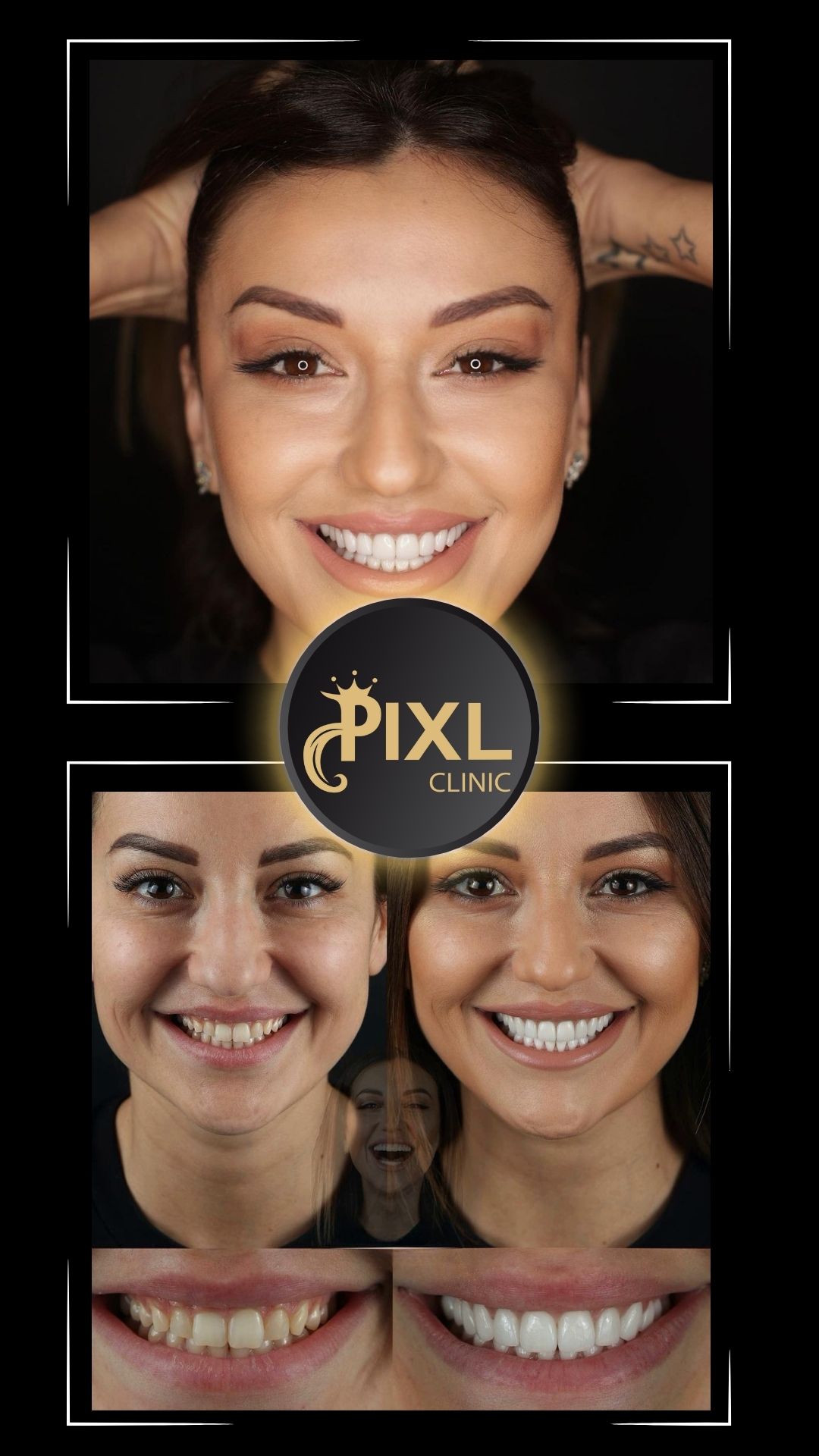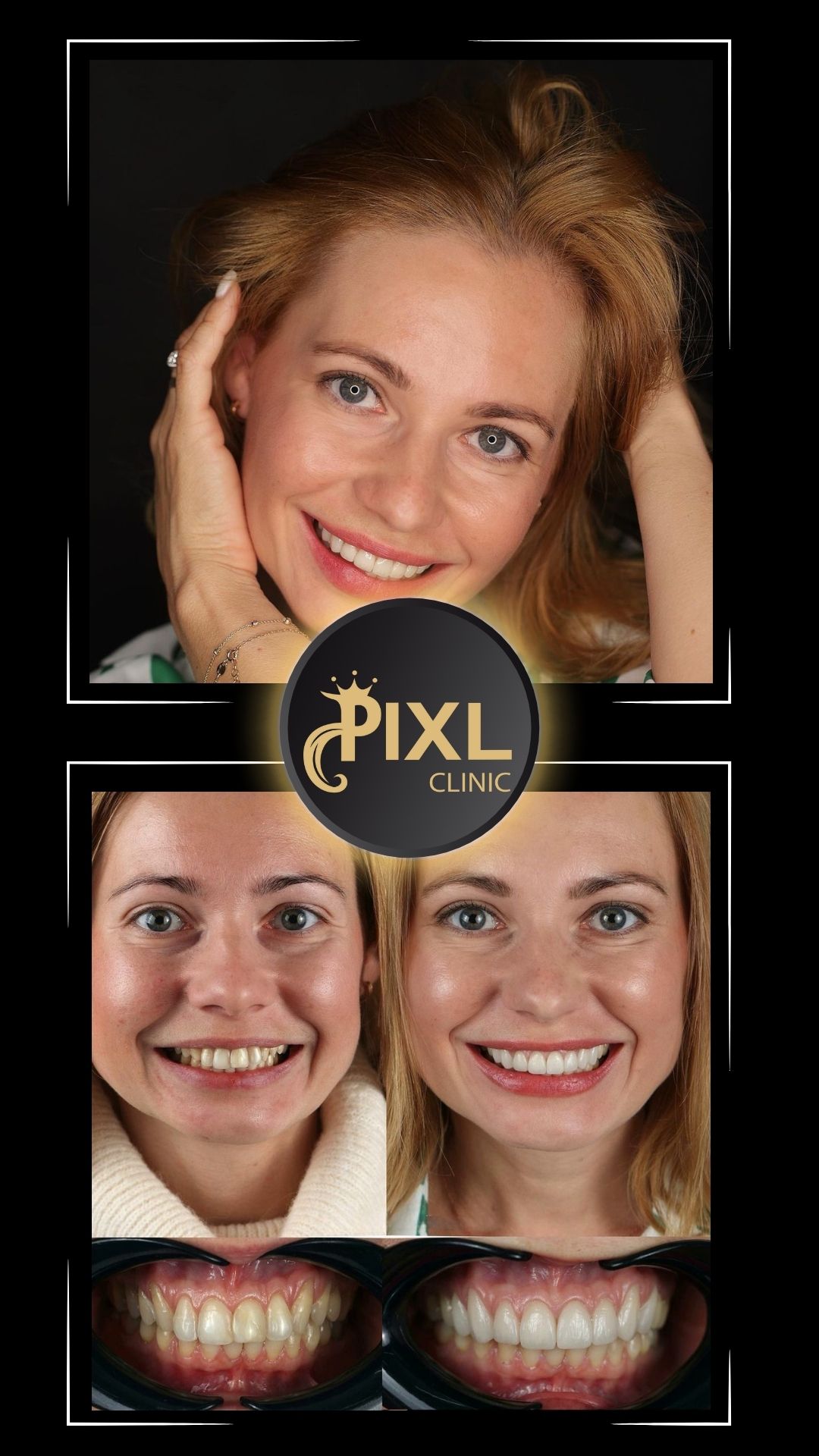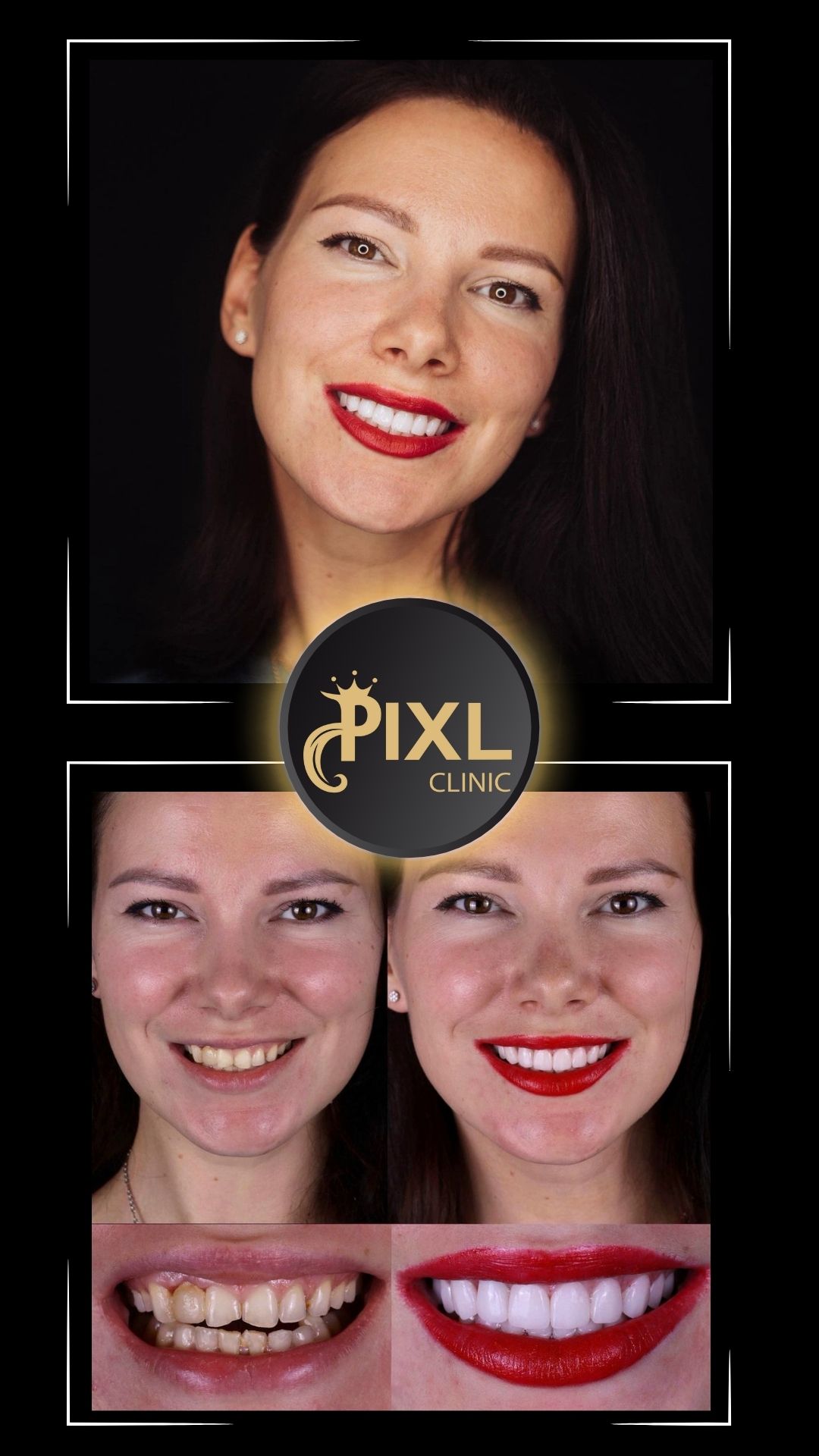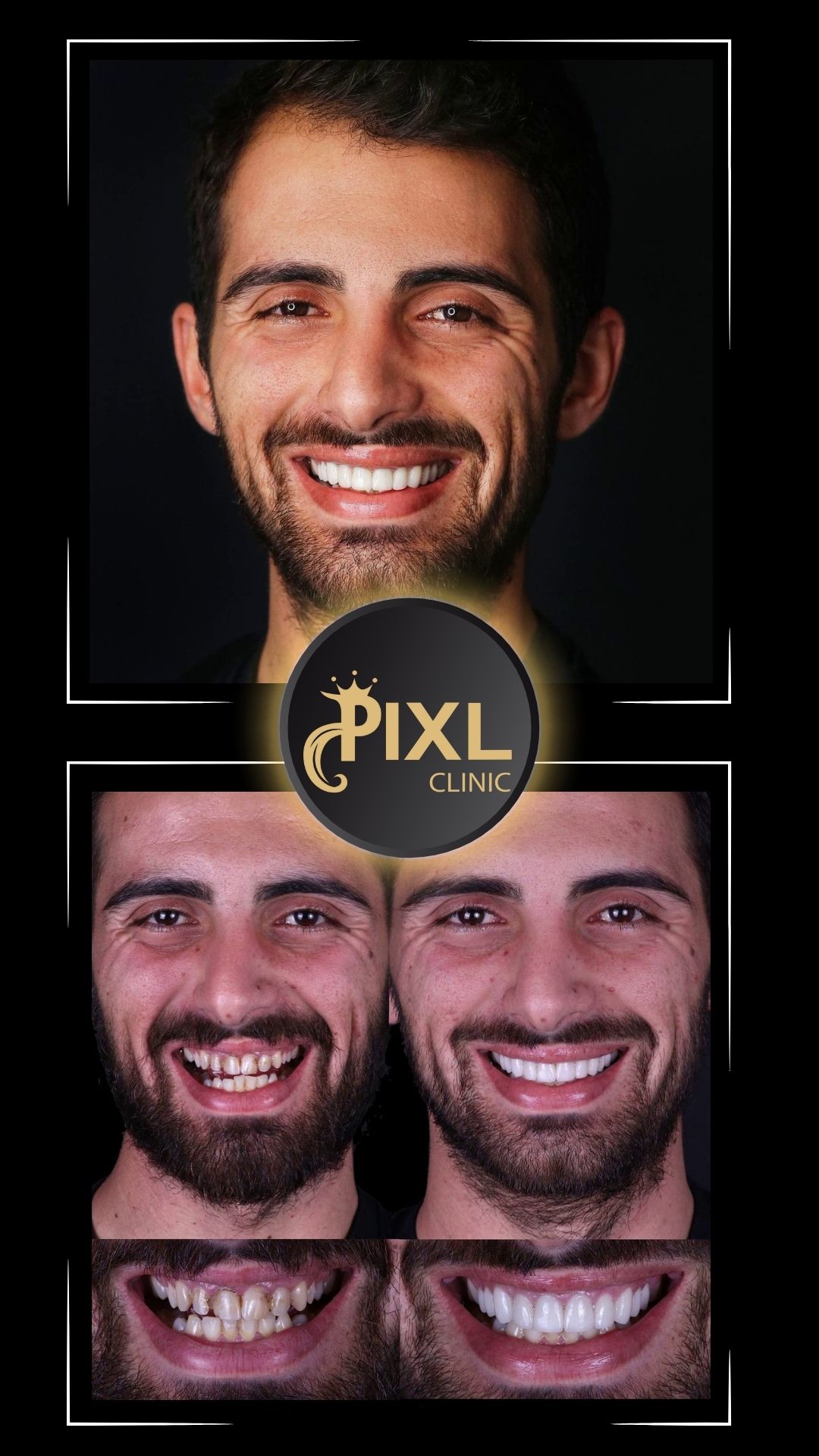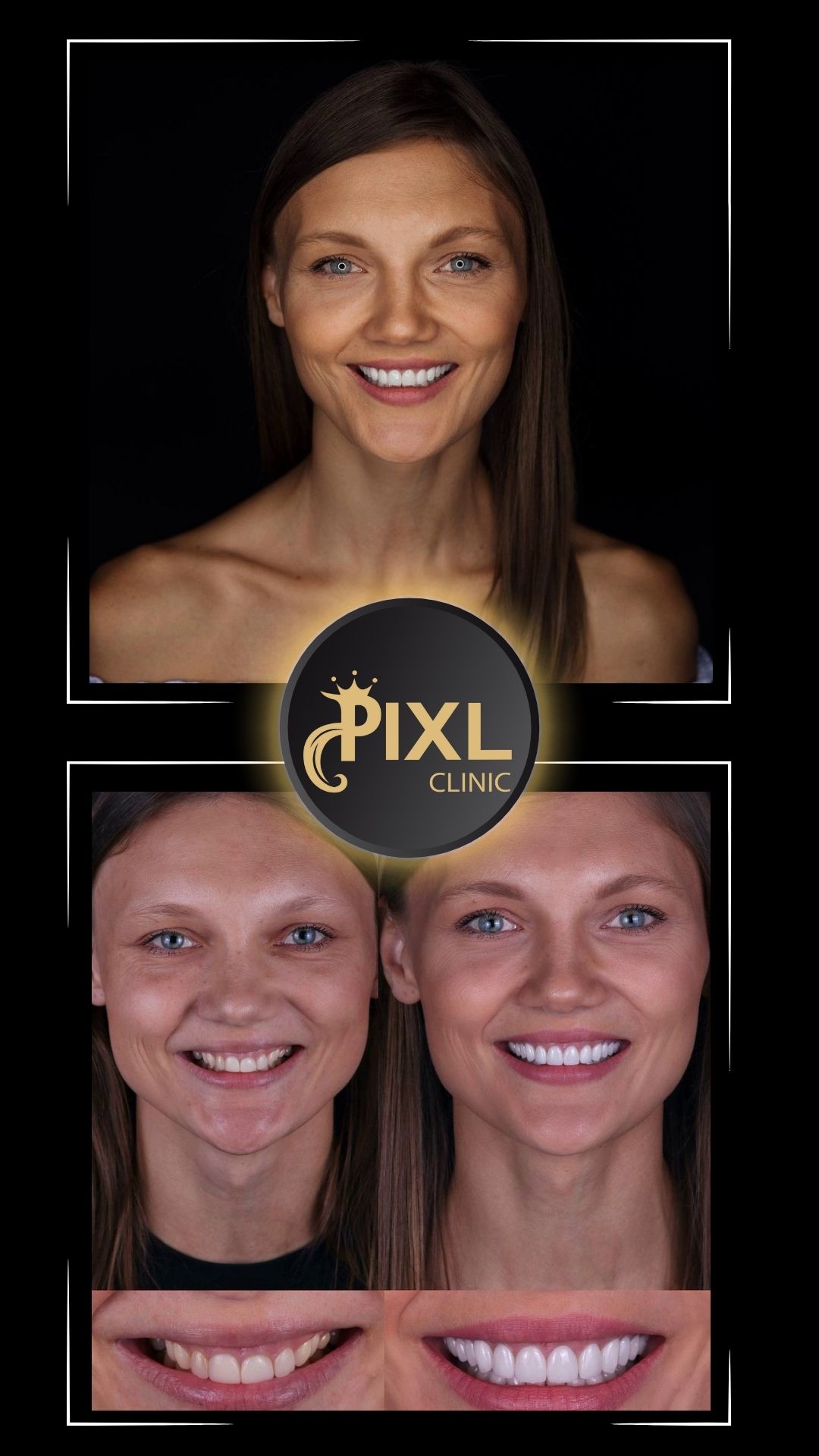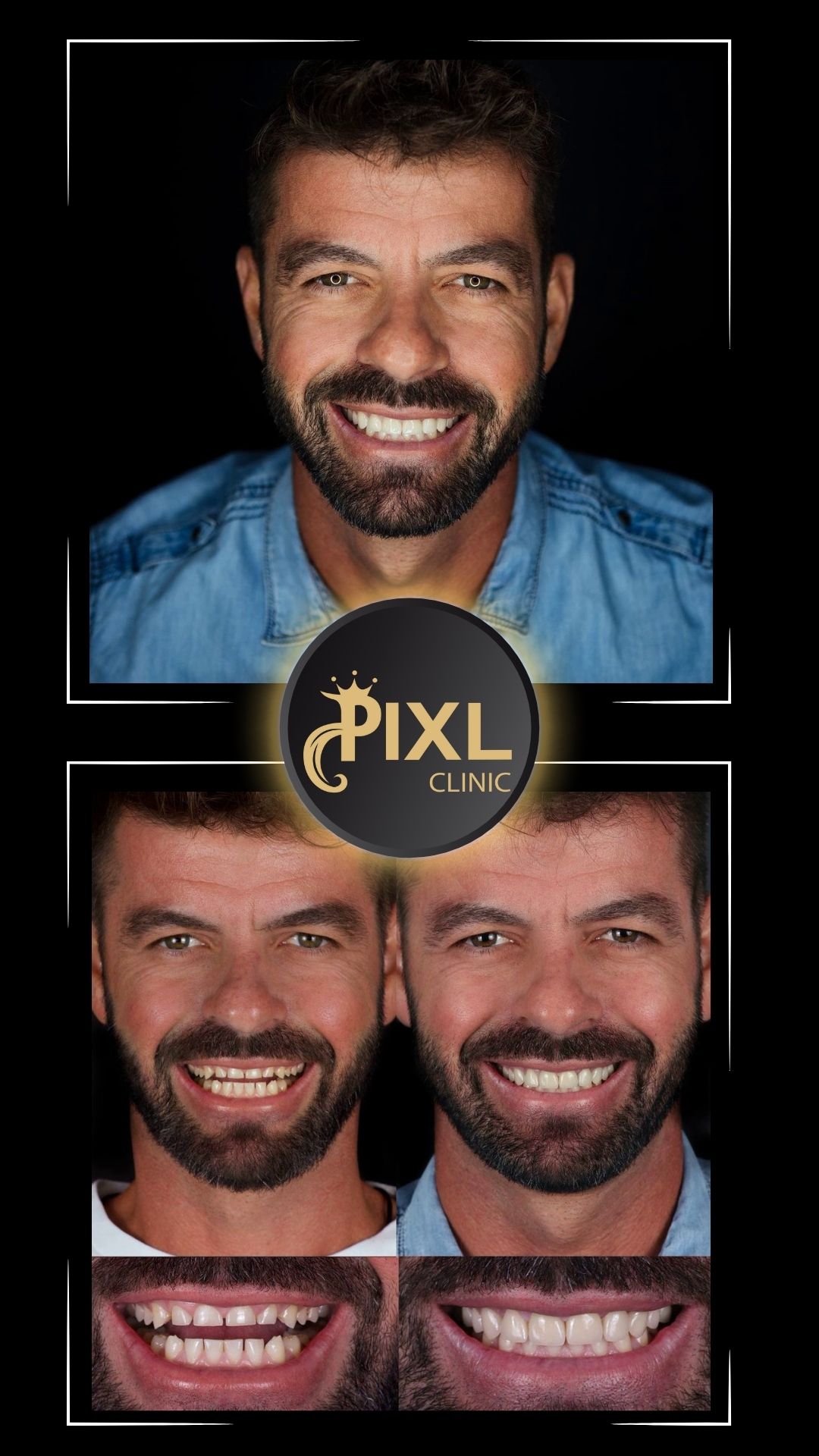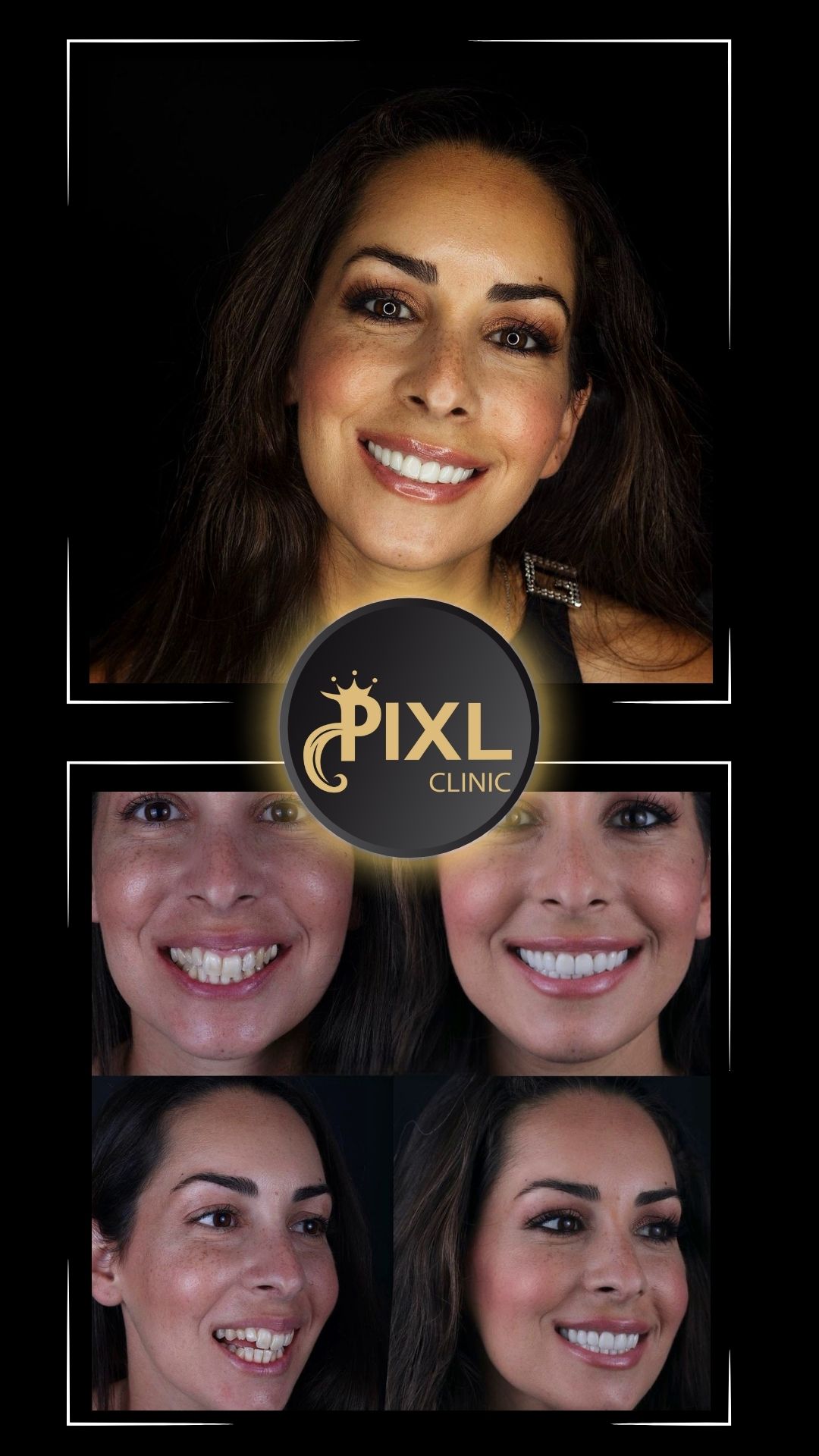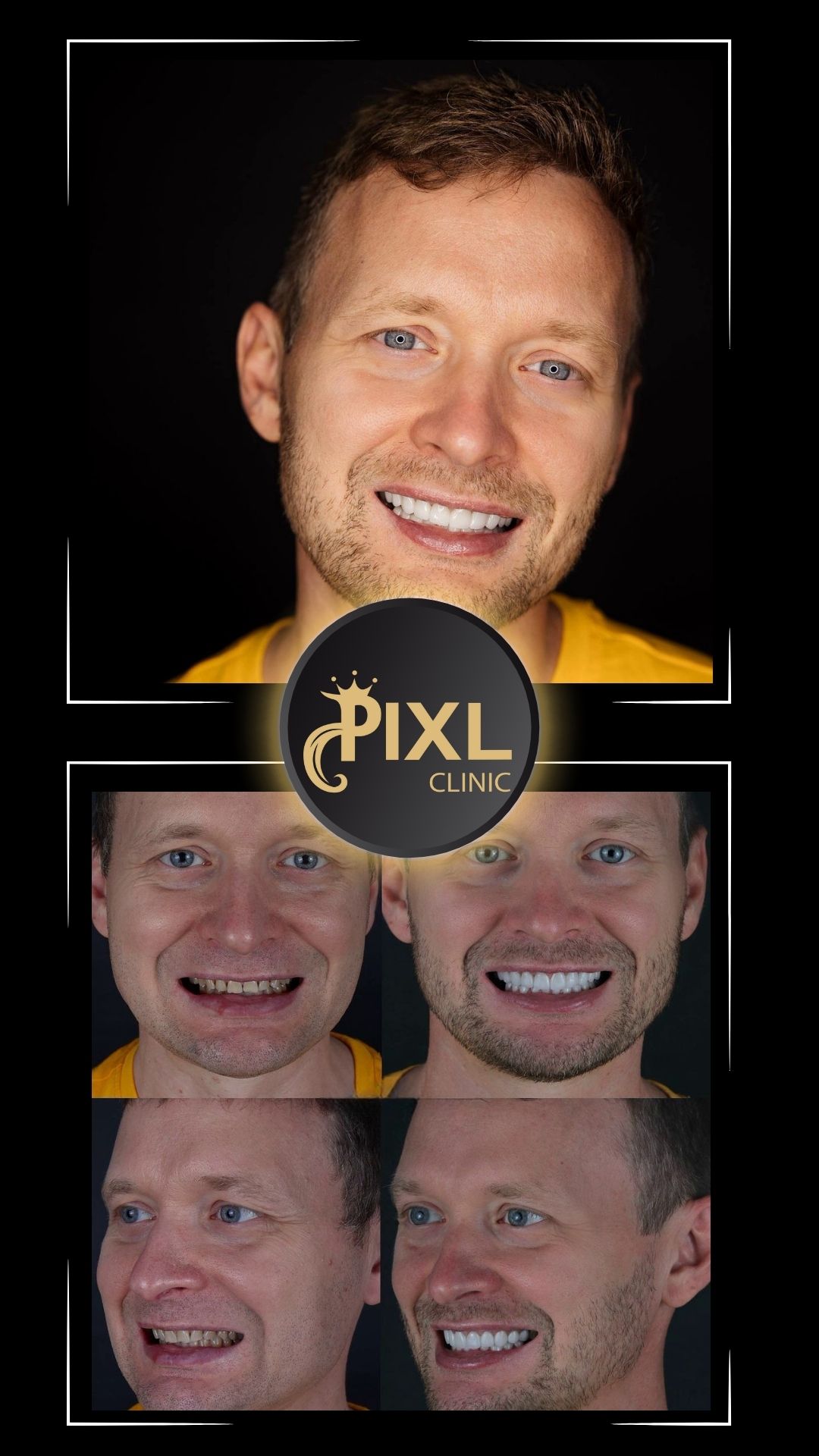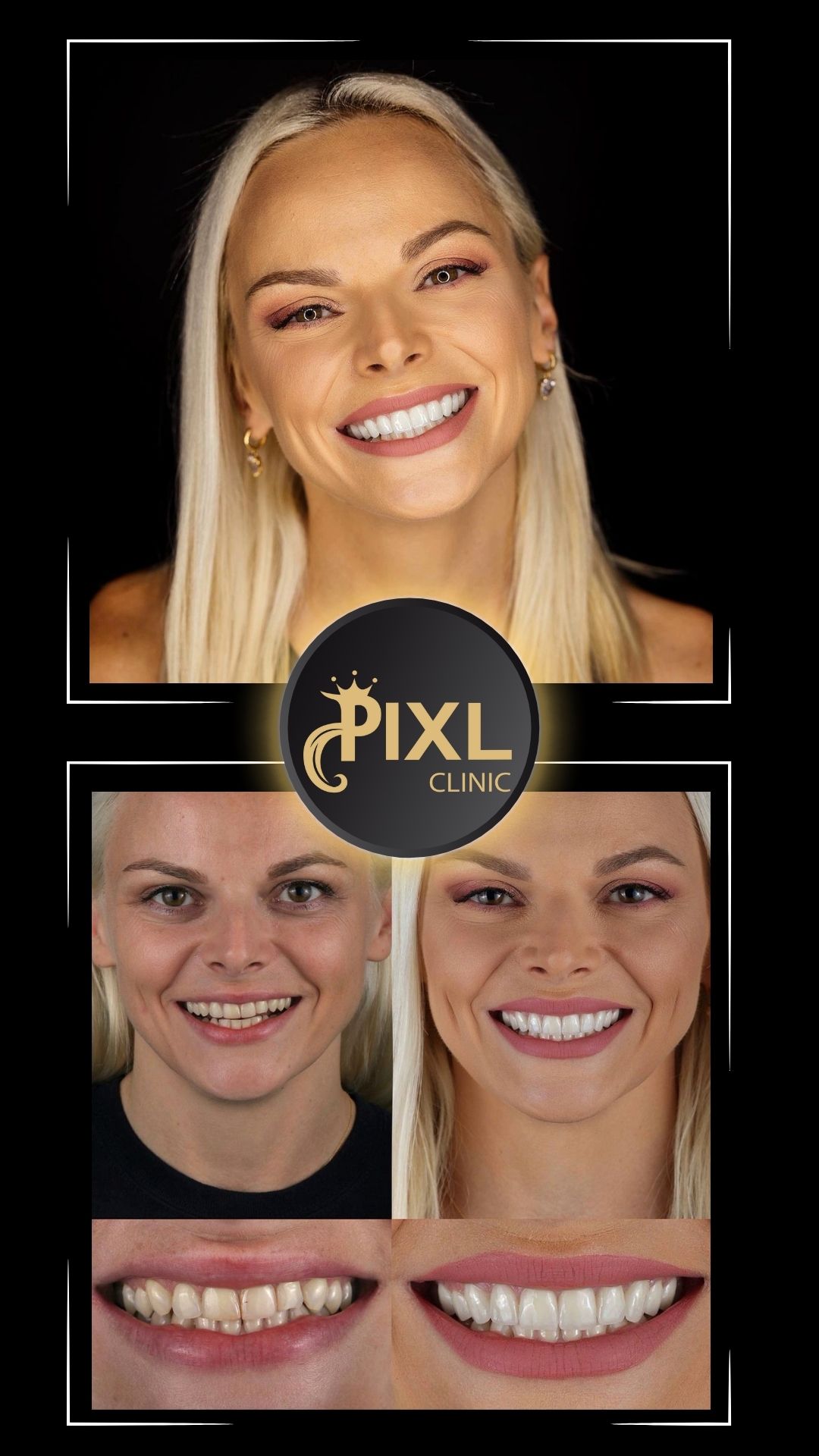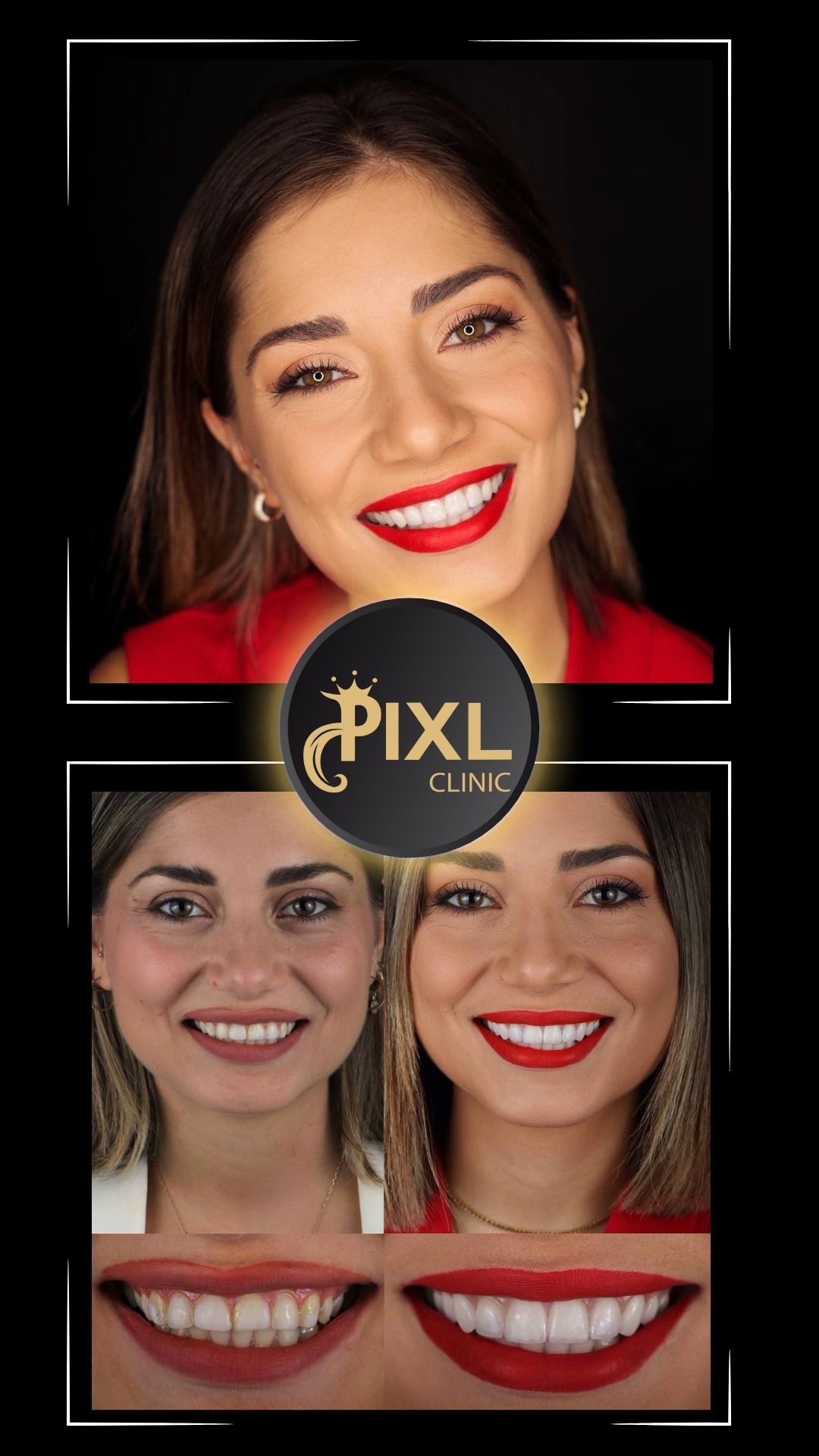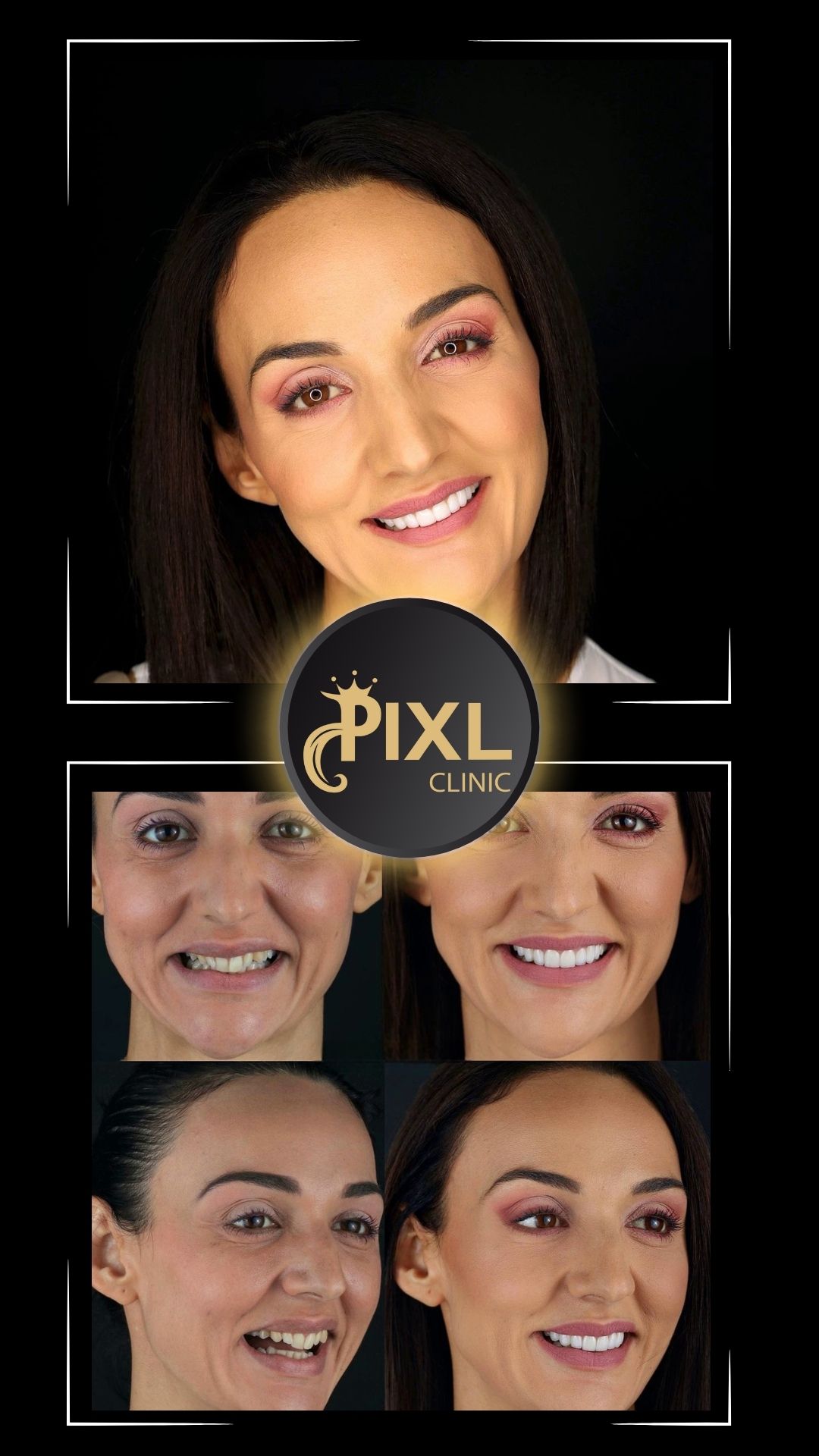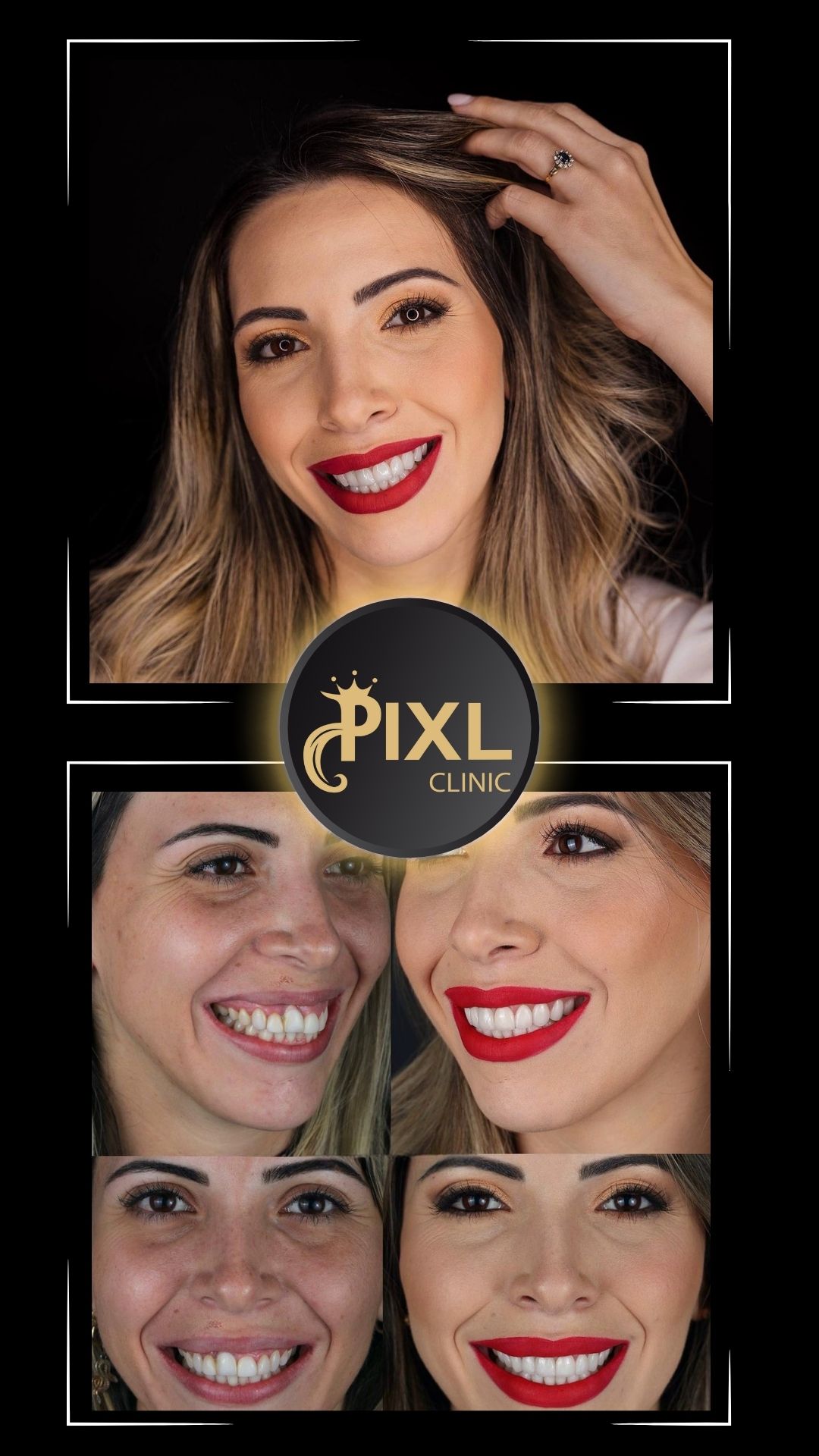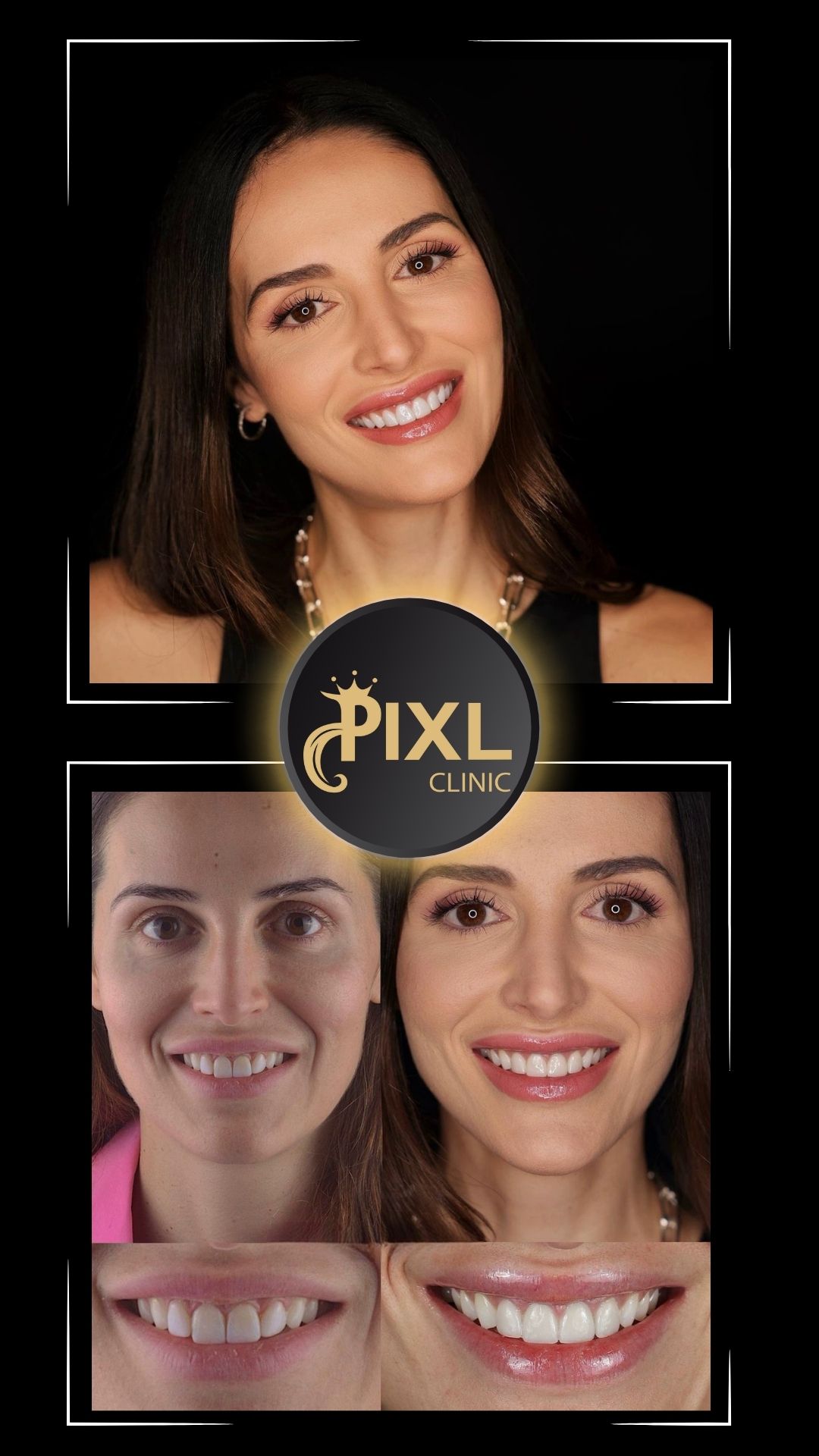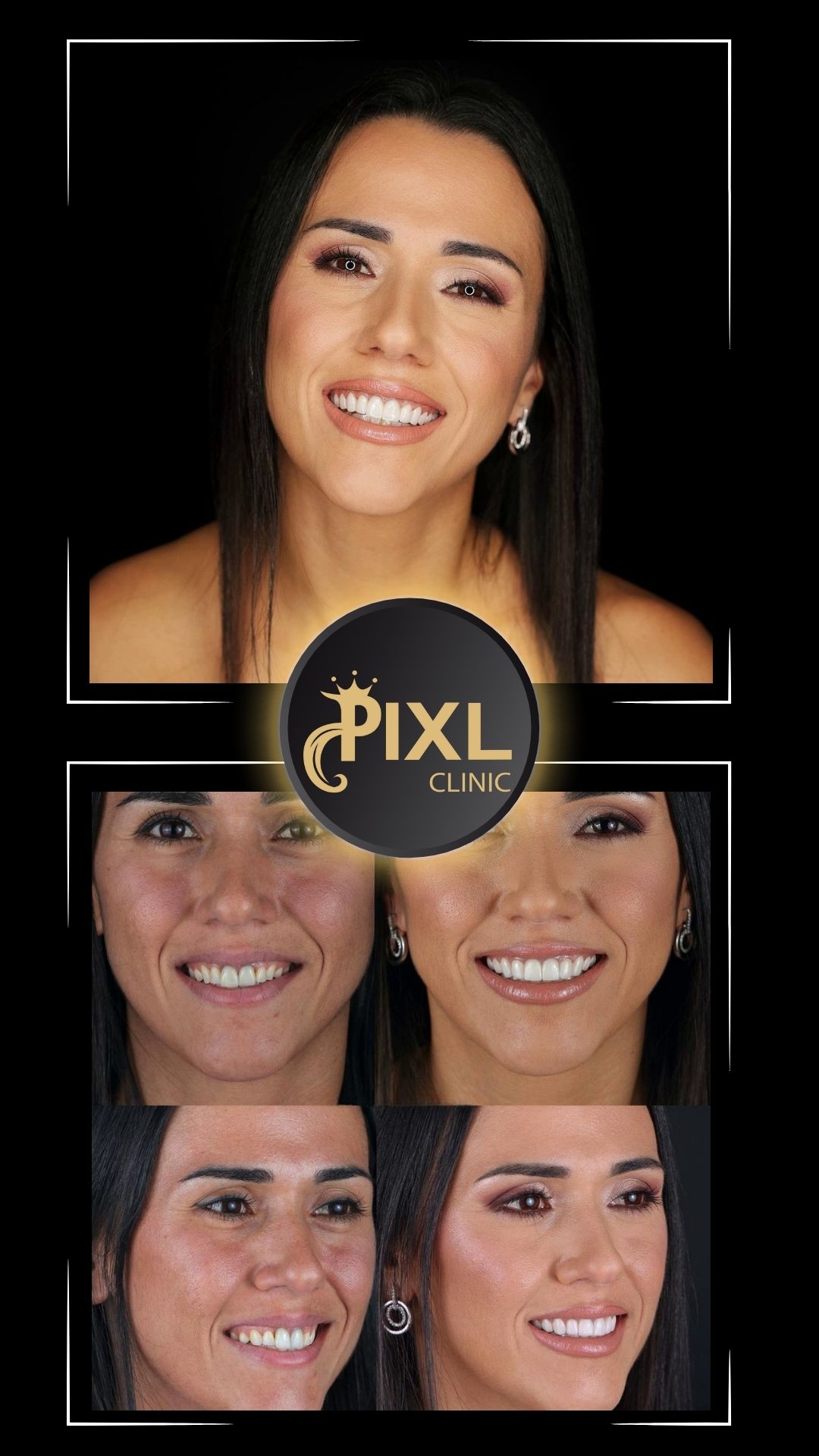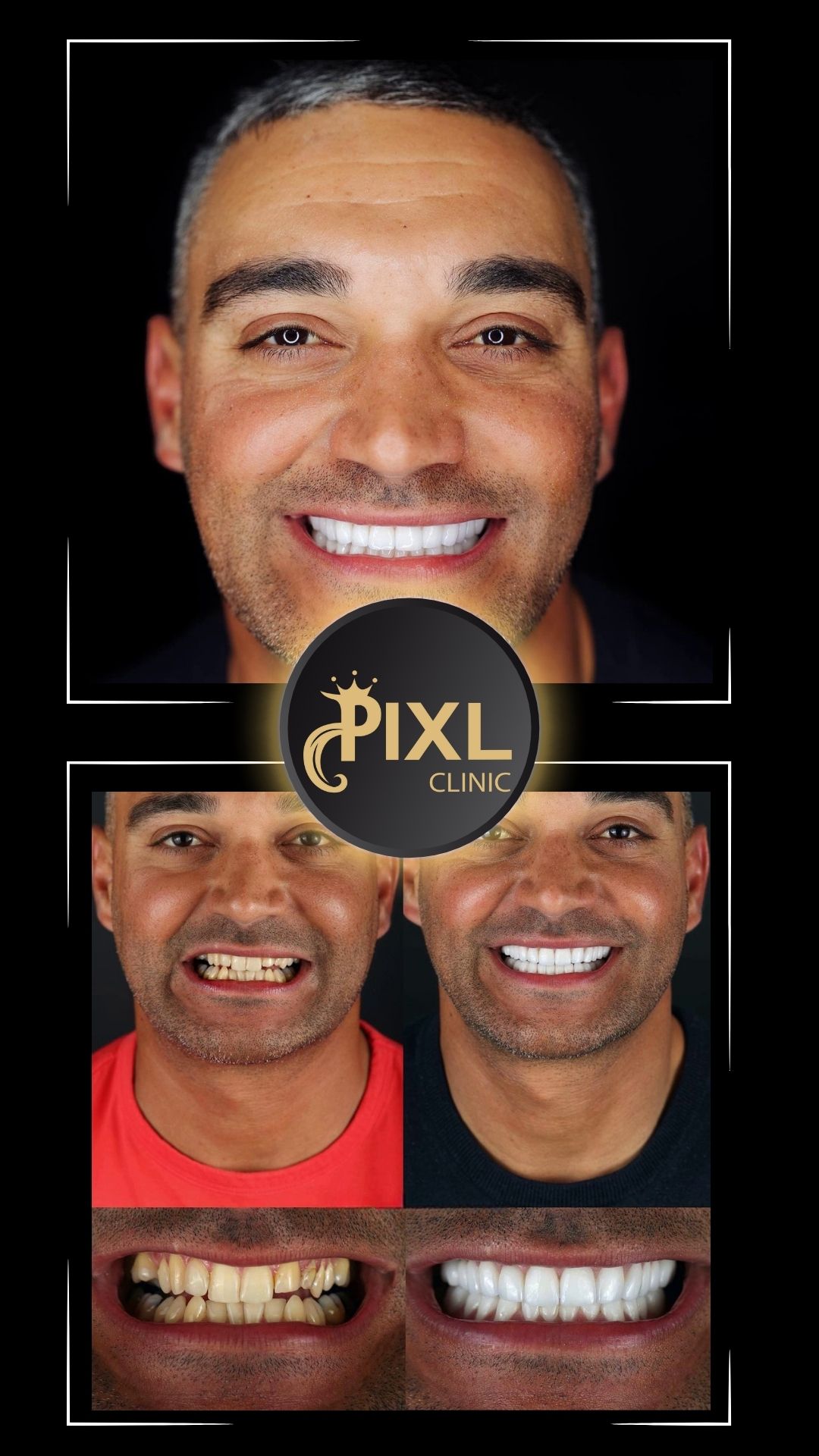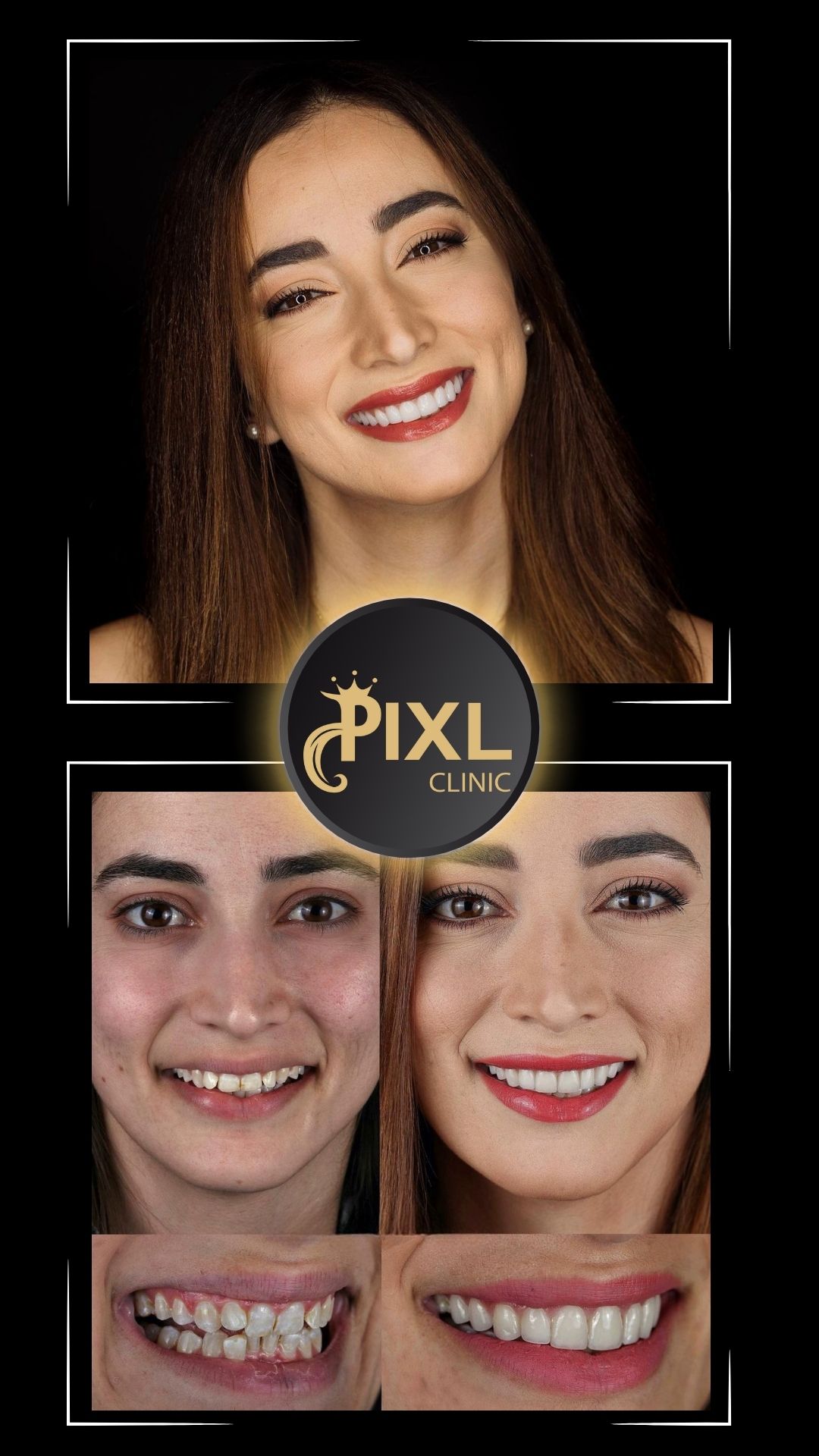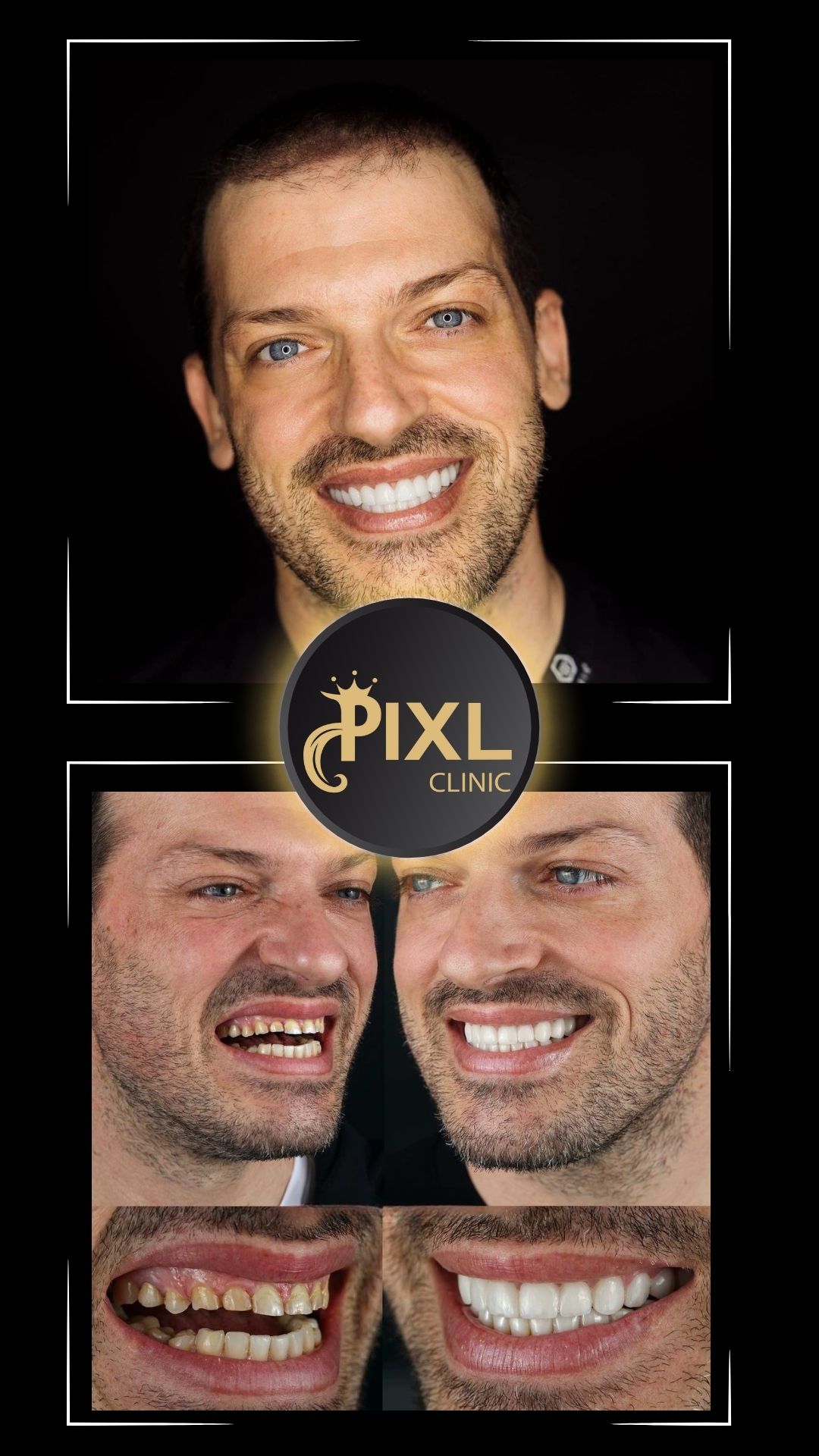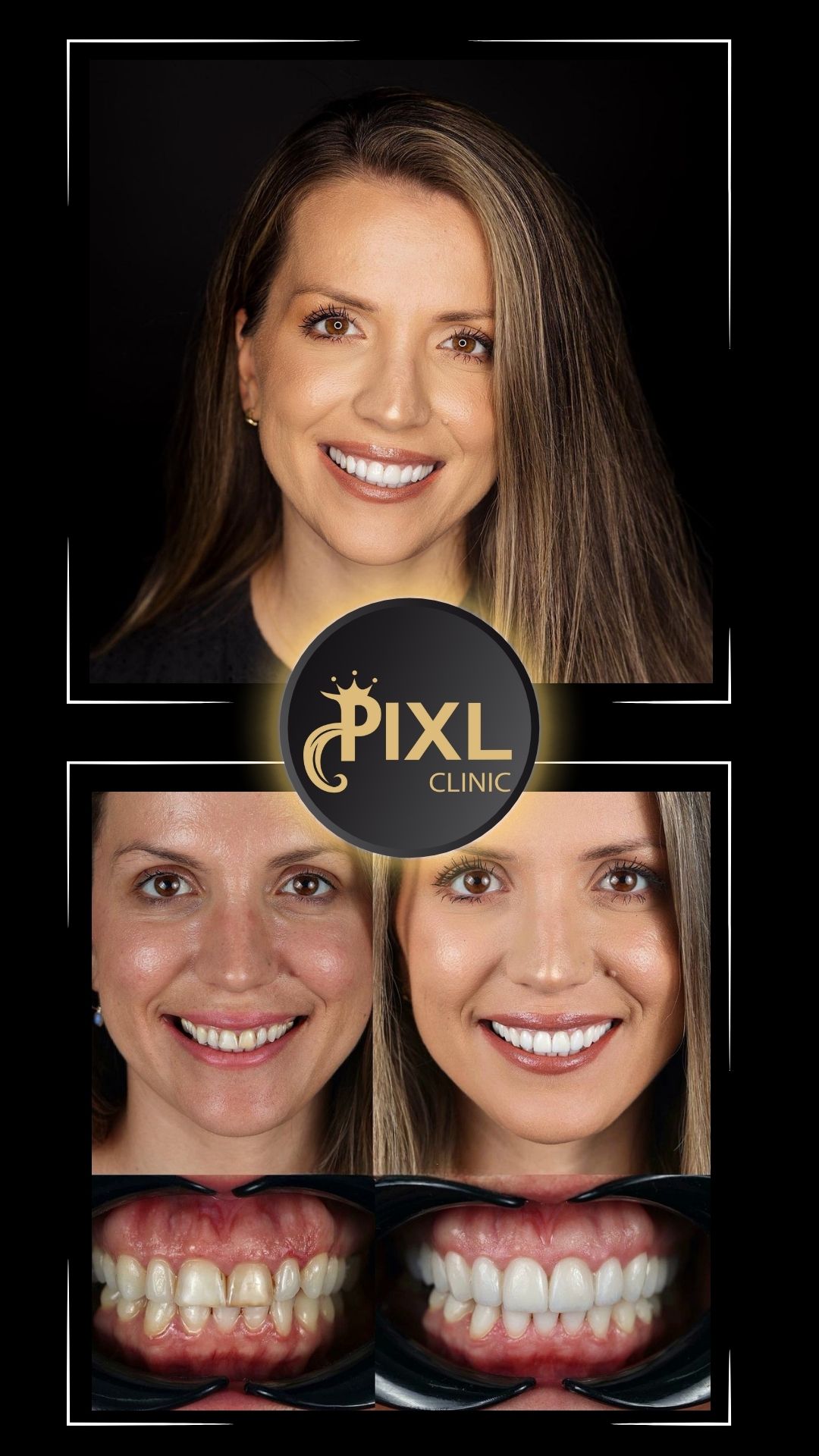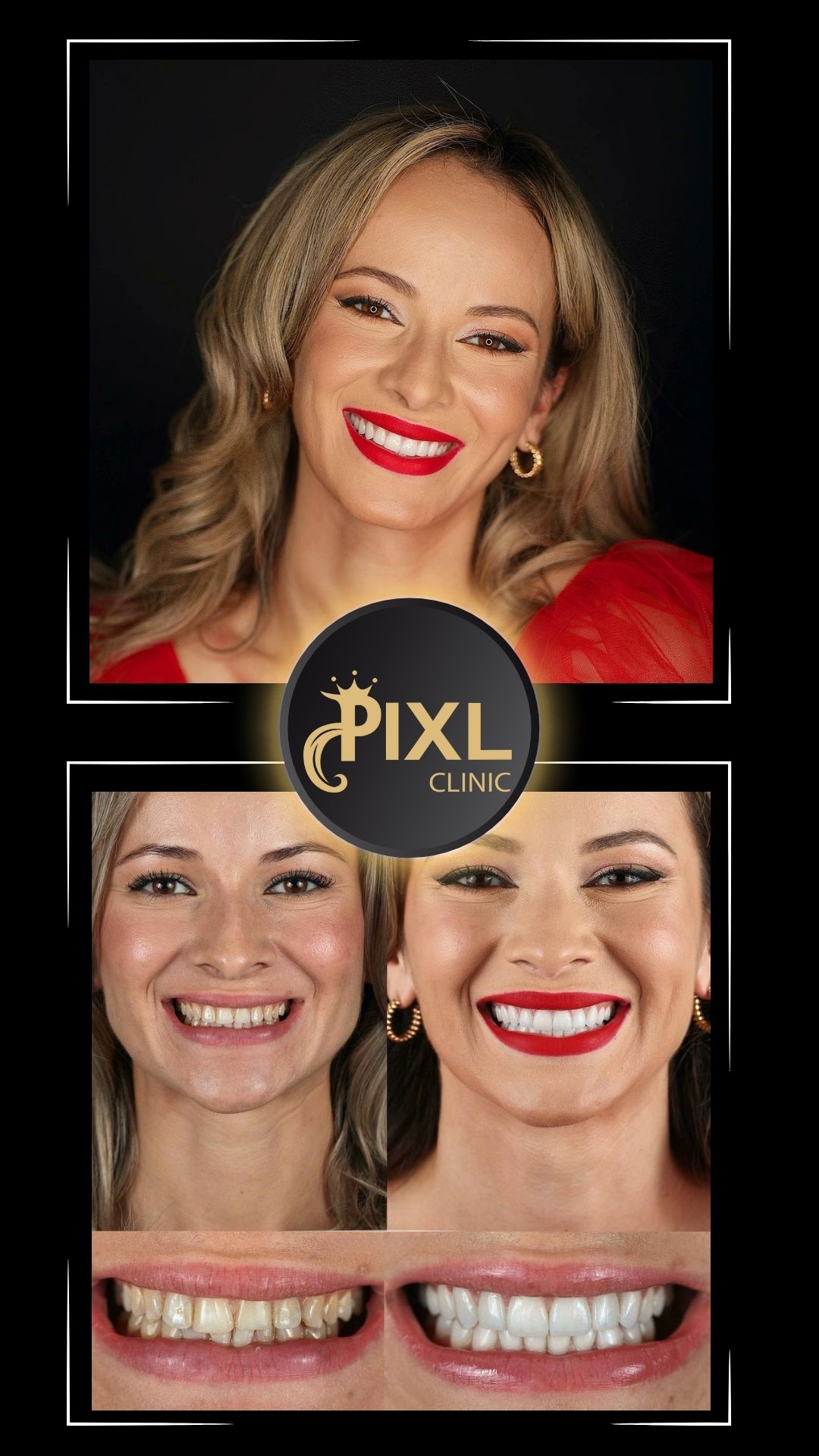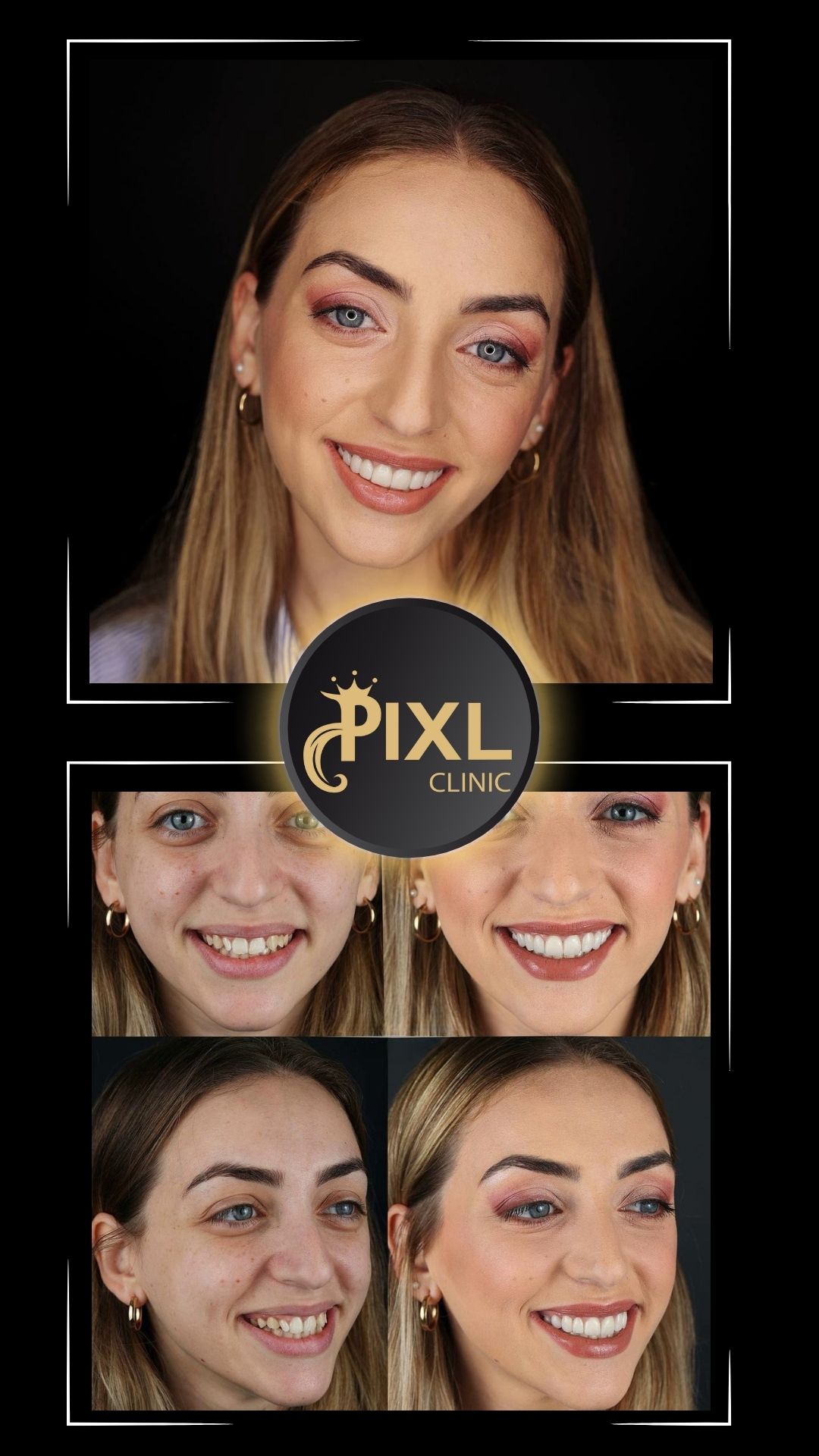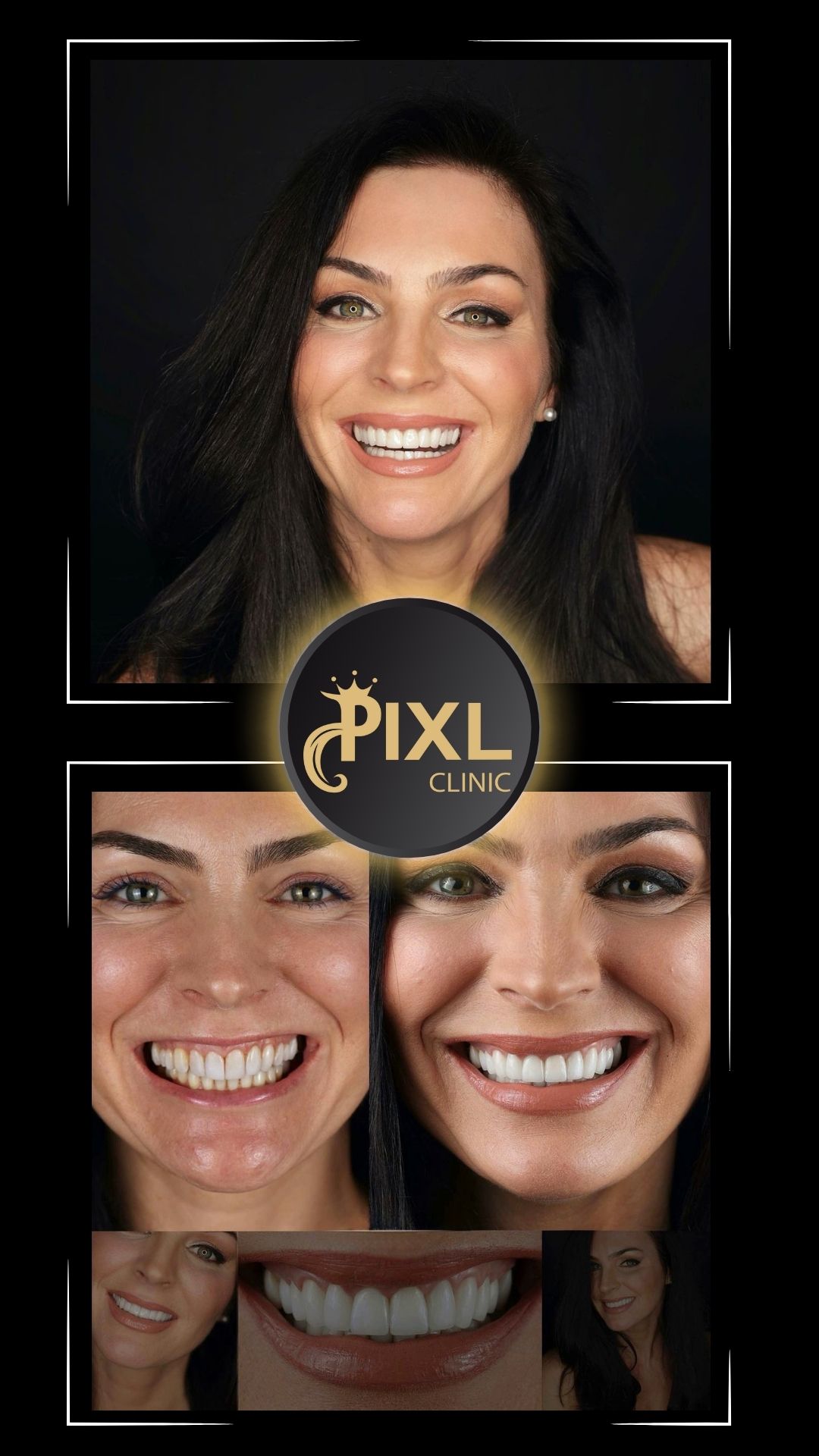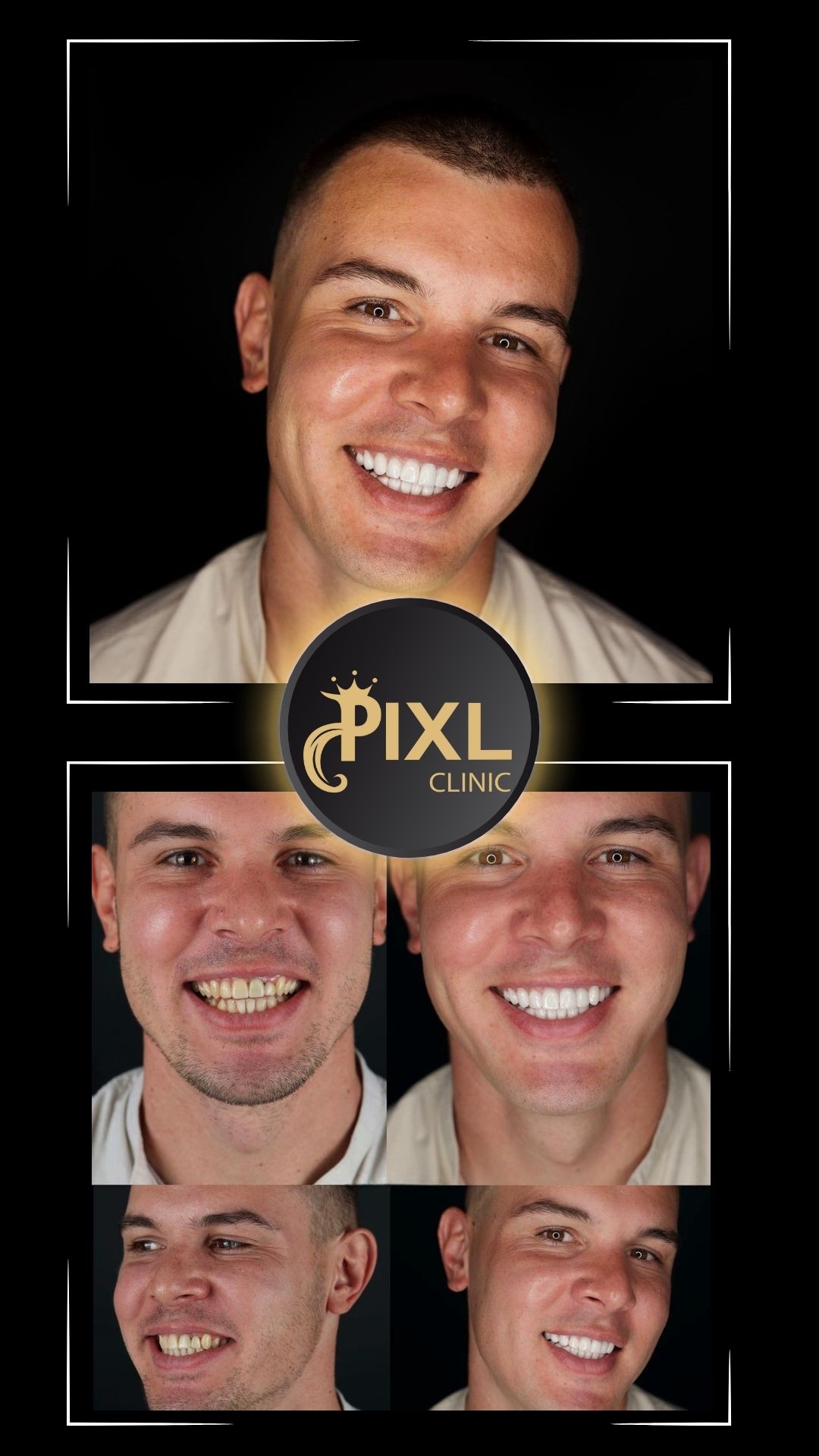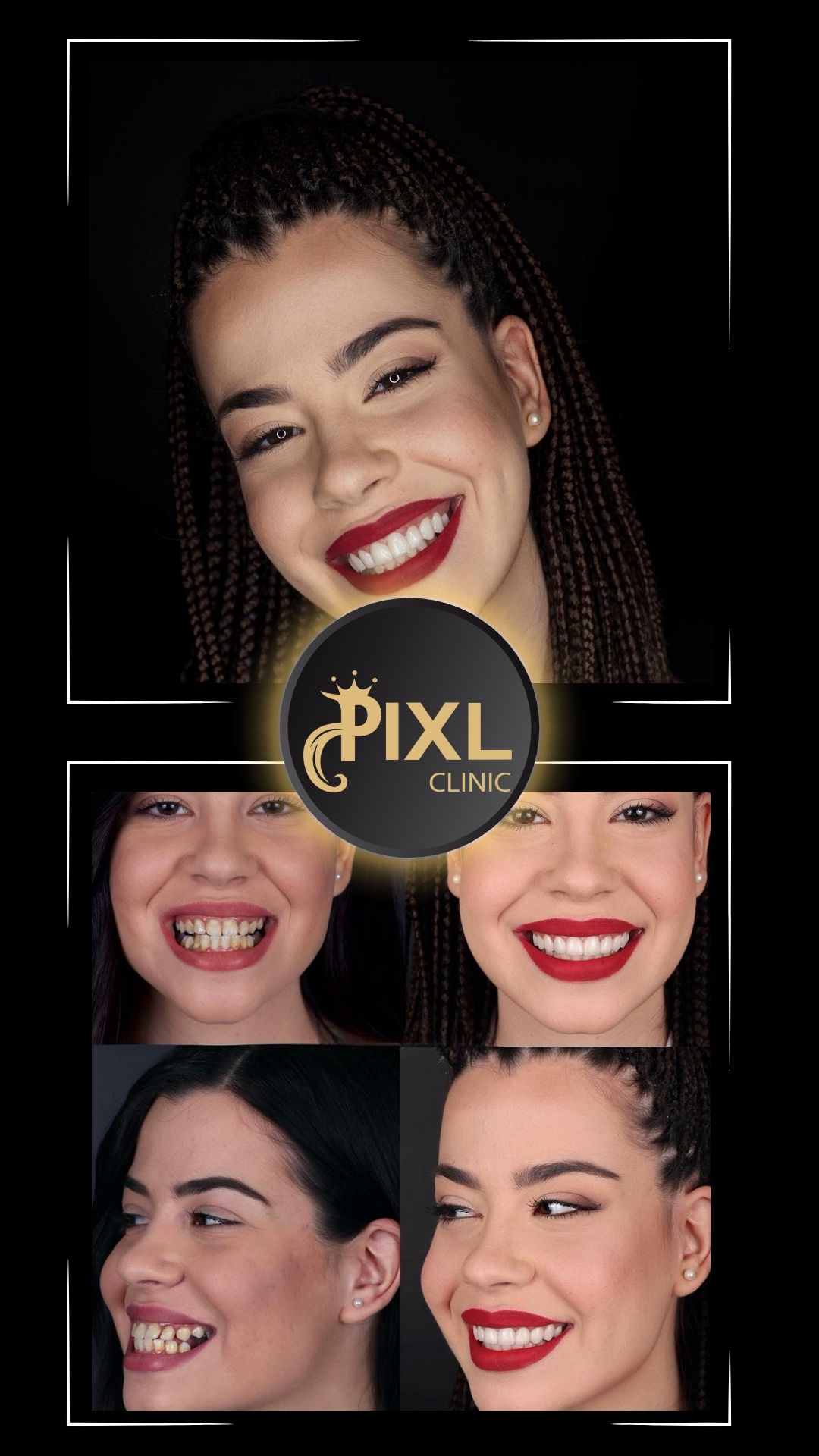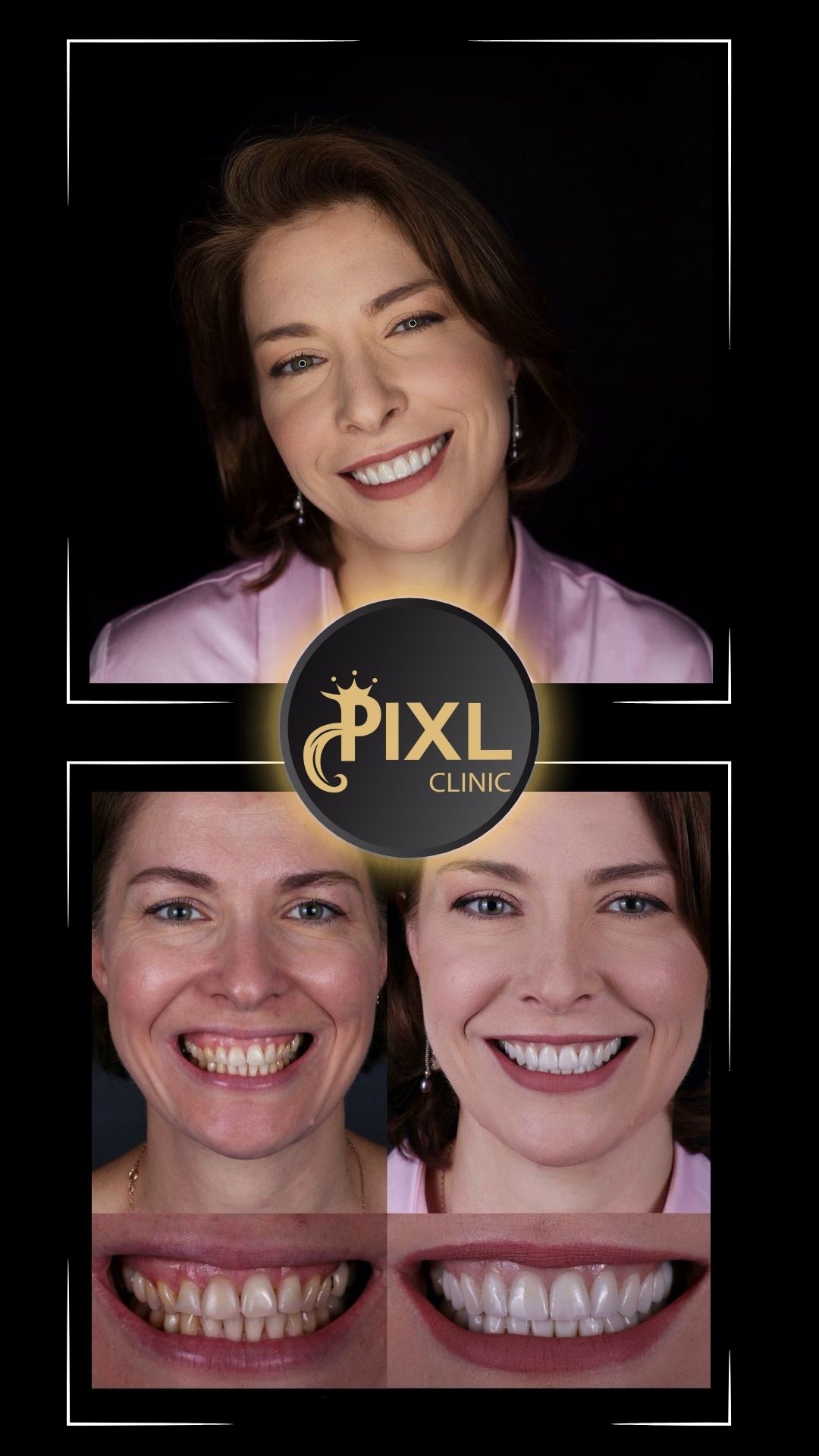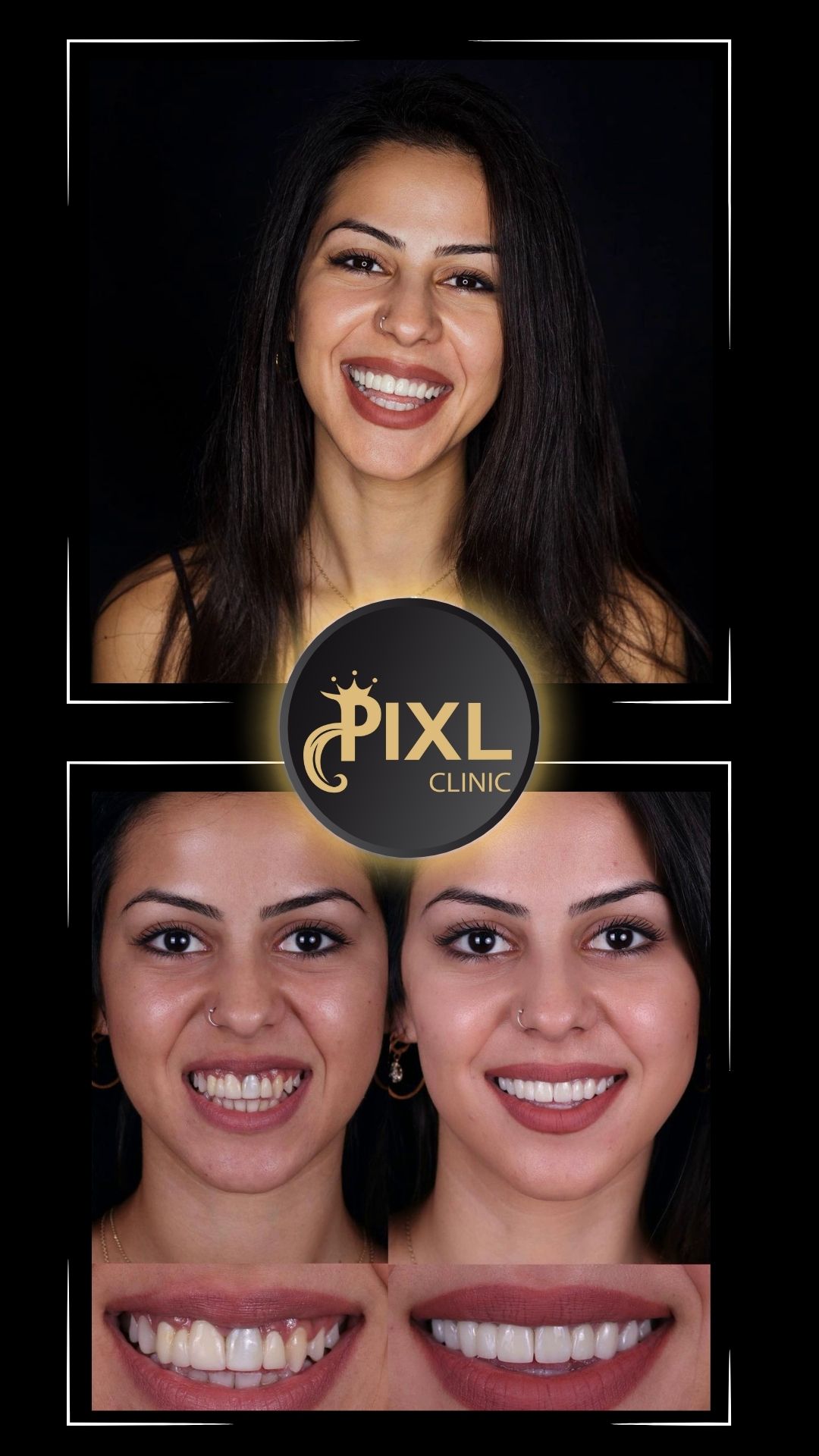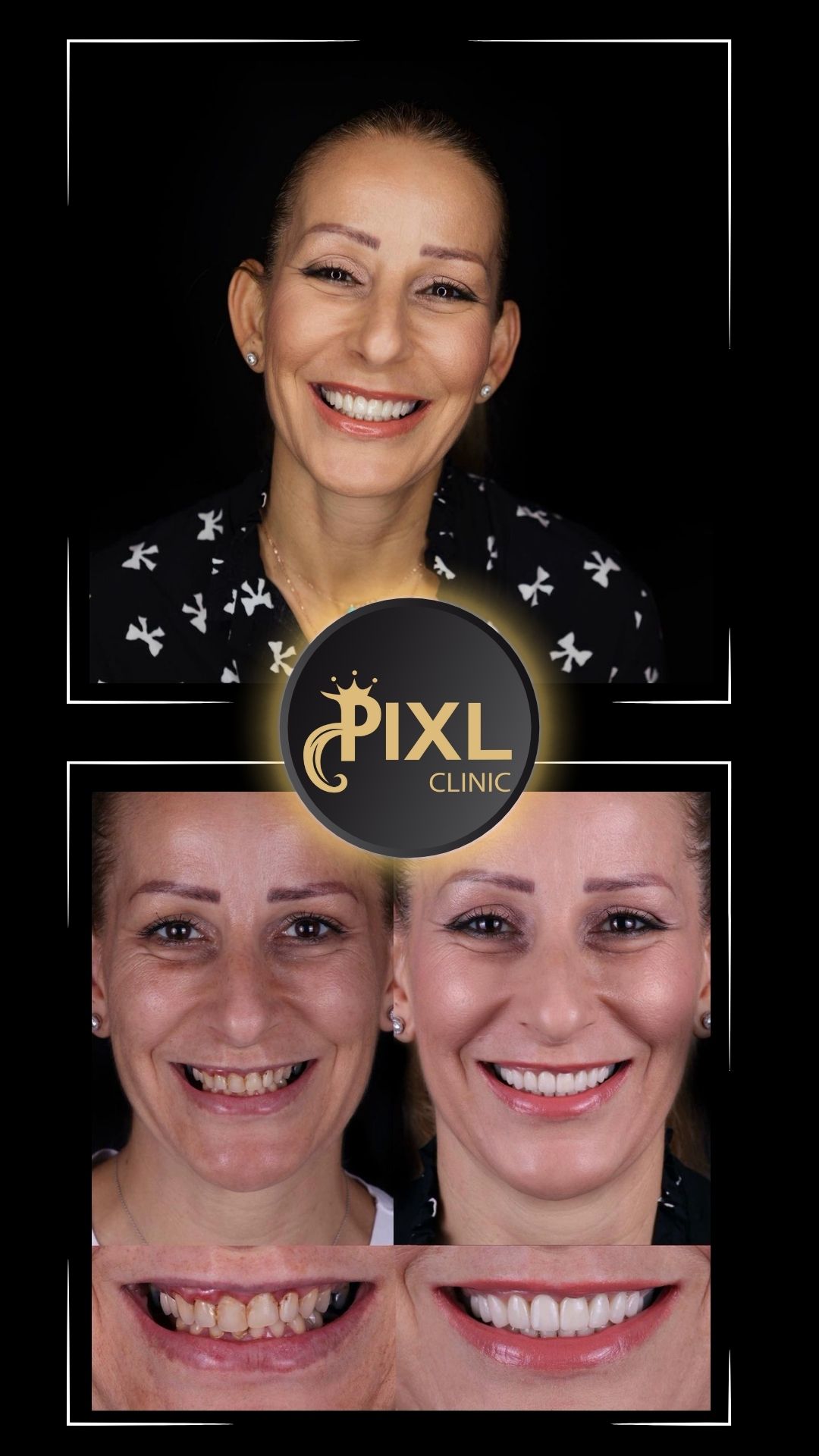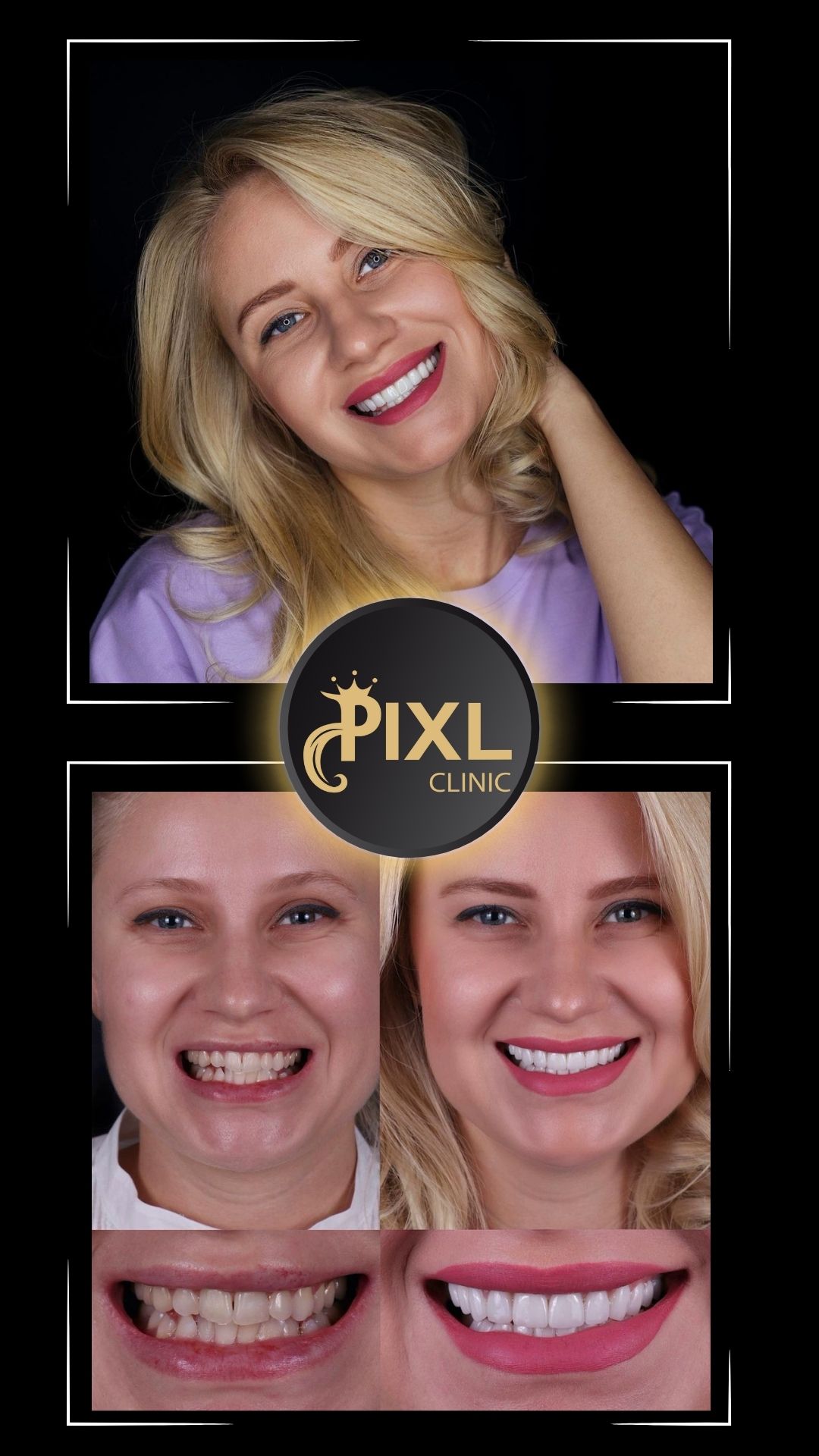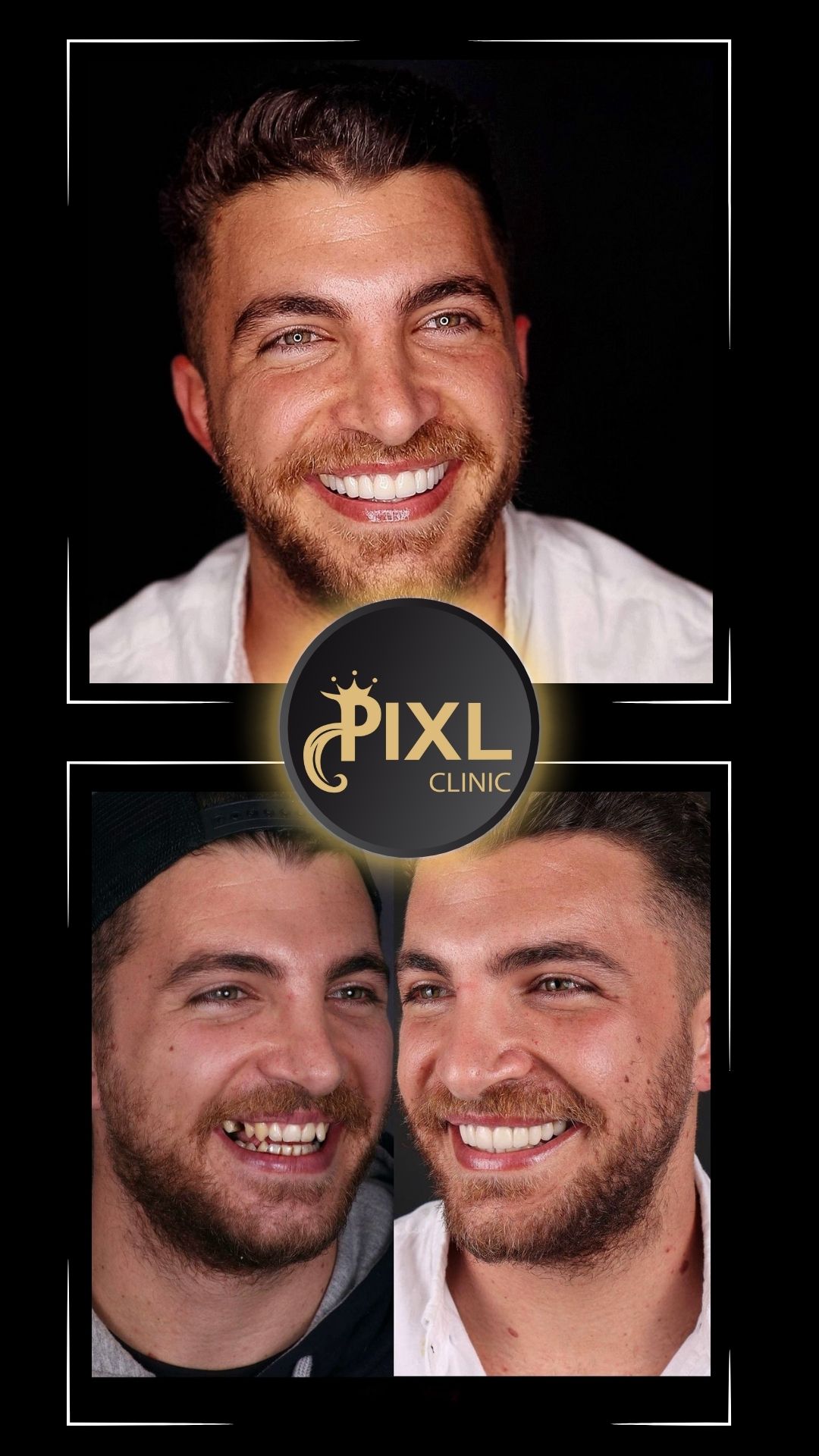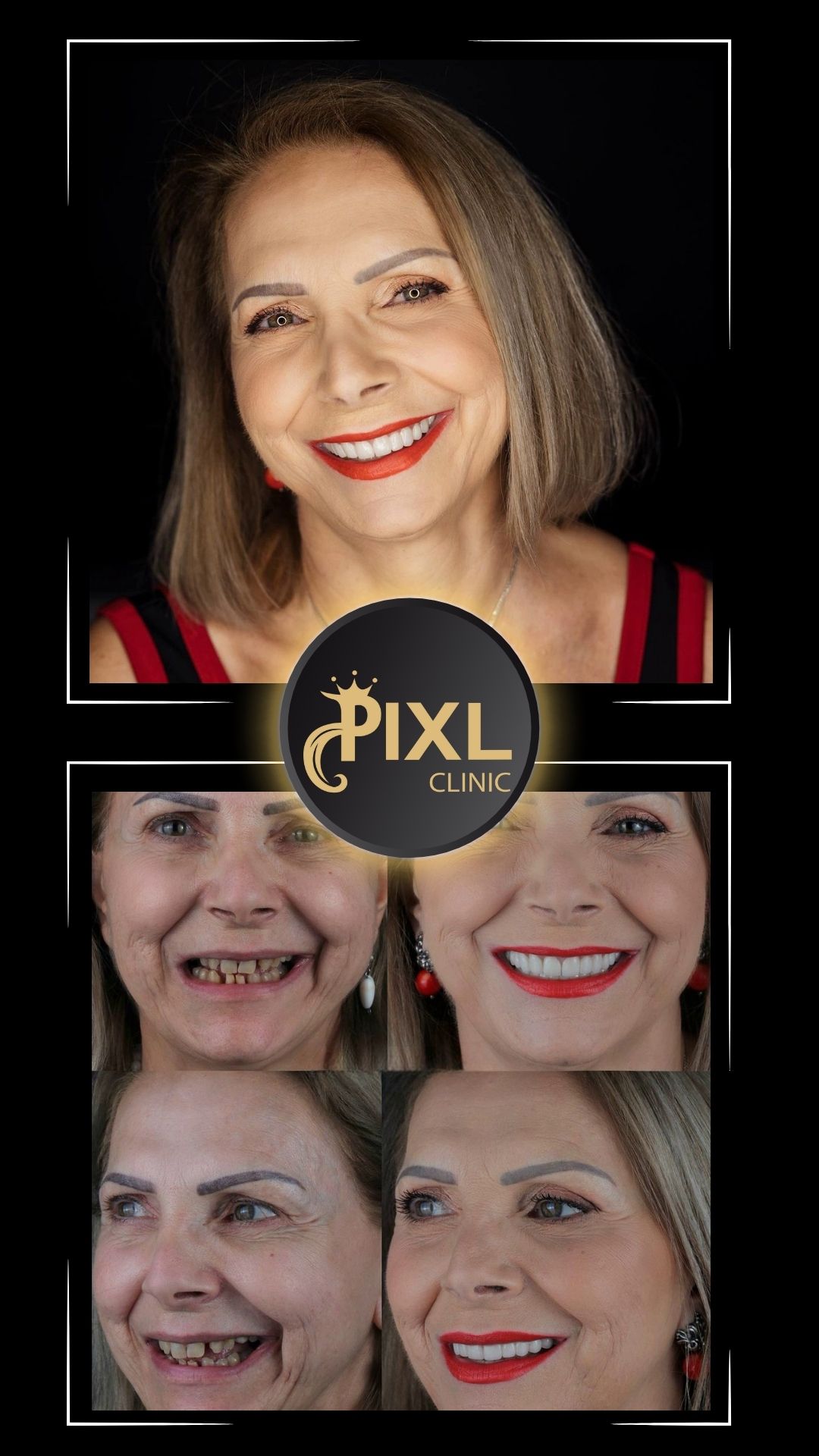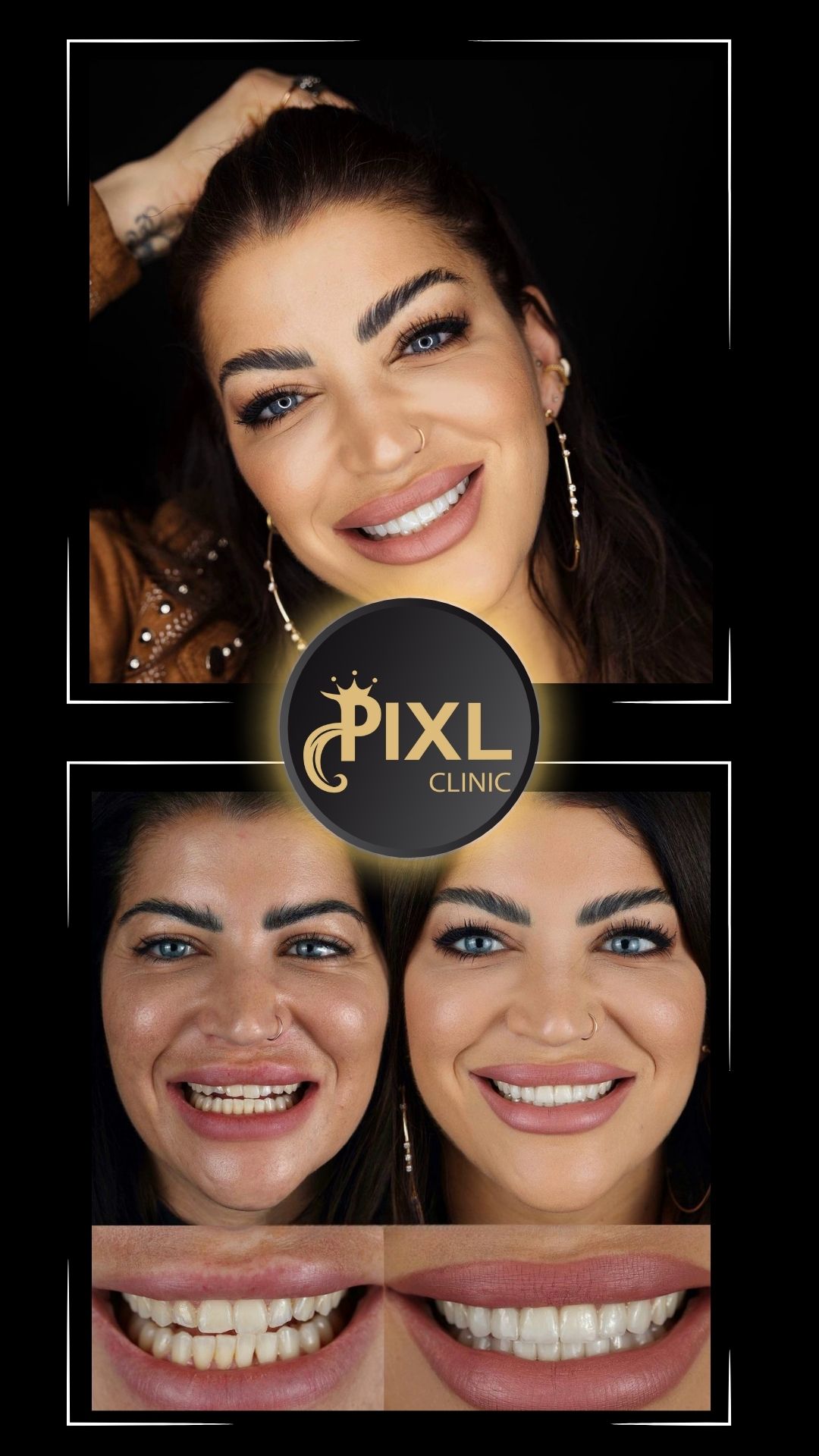Teeth Whitening vs. Teeth Cleaning: What’s the Difference for a Whiter, Brighter Smile?
A radiant smile can light up a room and boost your confidence. If you’re looking to enhance your smile, you might be considering teeth whitening or teeth cleaning. While both procedures improve the appearance of your teeth, they serve different purposes. Understanding their differences can help you choose the right treatment for a brighter, healthier smile.
What Is Teeth Cleaning?
Teeth cleaning, also known as professional dental cleaning, focuses on maintaining your oral health. It is typically performed by a dental hygienist or dentist during routine checkups.
Key Benefits of Teeth Cleaning:
- Plaque and Tartar Removal: Teeth cleaning removes built-up plaque and tartar that regular brushing and flossing can’t eliminate.
- Prevention of Gum Disease: Cleaning reduces the risk of gingivitis and periodontal disease.
- Healthier Teeth: By preventing decay, it keeps your teeth strong and healthy.
- Improved Appearance: While it’s not specifically aimed at whitening, removing surface stains can make your teeth look cleaner and slightly brighter.
How It Works:
- Scaling: Removes tartar and plaque from teeth surfaces and below the gumline.
- Polishing: Smoothens the teeth surfaces and removes minor stains.
- Fluoride Treatment: Strengthens tooth enamel and prevents cavities (optional).
Ideal For: Maintaining oral health and achieving a clean, polished look.
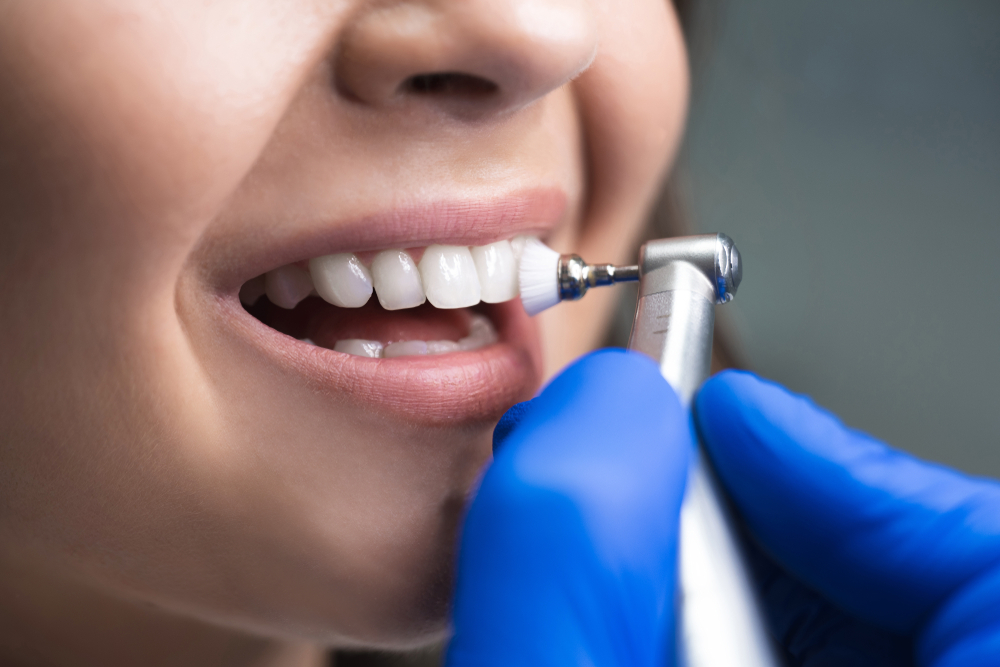
What Is Teeth Whitening?
Teeth whitening is a cosmetic procedure aimed at enhancing the color of your teeth. It removes or reduces discoloration and stains to create a whiter, brighter smile.
Key Benefits of Teeth Whitening:
- Significant Brightening: Lightens teeth by several shades in a single session.
- Customizable Results: You can choose your desired level of whiteness.
- Boosted Confidence: A whiter smile can improve self-esteem and social interactions.
How It Works:
- In-Office Whitening: A dentist applies a bleaching agent (like hydrogen peroxide) and activates it with a special light for quick results.
- At-Home Kits: Custom trays or over-the-counter products allow you to whiten your teeth gradually at home.
Ideal For: People with yellow or stained teeth due to coffee, wine, smoking, or aging.
Teeth Whitening vs. Teeth Cleaning: The Key Differences
|
Feature |
Teeth Cleaning |
Teeth Whitening |
|
Purpose |
Oral health maintenance |
Cosmetic improvement |
|
Focus |
Removing plaque and tartar |
Lightening tooth color |
|
Process |
Scaling, polishing, fluoride |
Bleaching agents |
|
Duration |
30-60 minutes |
30-90 minutes (in-office) |
|
Results |
Cleaner teeth, fresher breath |
Visibly whiter teeth |
|
Cost |
Moderate |
Higher (depending on method) |
Which Option Is Right for You?
- Choose Teeth Cleaning If: You’re due for a routine dental checkup or want to improve your oral health.
- Choose Teeth Whitening If: You’re looking for a cosmetic upgrade to achieve a dramatically brighter smile.
For best results, consider combining both! A professional teeth cleaning can prepare your teeth for whitening by removing surface stains and debris, allowing whitening agents to work more effectively.
Tips for Maintaining a Whiter Smile
- Brush twice daily with a whitening toothpaste.
- Floss regularly to prevent plaque buildup.
- Avoid stain-causing foods and beverages like coffee and red wine.
- Use a straw to minimize staining when drinking colored beverages.
- Visit your dentist regularly for cleanings and touch-ups.
A whiter, brighter smile is within your reach—whether you prioritize oral health with teeth cleaning or go for a sparkling transformation with teeth whitening. Talk to your dentist to determine the best approach for your smile goals!
FAQ: Teeth Whitening vs. Teeth Cleaning
What’s the primary difference between teeth cleaning and teeth whitening?
- Teeth Cleaning: Aims to improve oral health by removing plaque, tartar, and surface stains.
- Teeth Whitening: Focuses on enhancing the cosmetic appearance of your smile by lightening the color of your teeth.
Can teeth cleaning whiten my teeth?
Teeth cleaning can remove surface stains caused by food, beverages, or smoking, making your teeth look cleaner and slightly brighter. However, it won’t dramatically change the natural color of your teeth.
Is teeth whitening safe for everyone?
Teeth whitening is generally safe but may not be suitable for:
- Pregnant or nursing individuals.
- People with sensitive teeth, gum disease, or untreated cavities.
- Those with dental restorations like crowns or veneers (these won’t whiten).
Always consult your dentist before whitening.
How often should I get teeth cleaning?
Dentists recommend professional teeth cleaning every six months for most people. If you have gum disease or other dental issues, your dentist might suggest more frequent cleanings.
How long do teeth whitening results last?
Teeth whitening results can last 6 months to 2 years depending on your habits. Avoiding stain-causing foods and beverages and maintaining good oral hygiene can prolong the results.
Does teeth whitening hurt?
Some people experience temporary tooth sensitivity or gum irritation after whitening. Using desensitizing toothpaste or consulting your dentist can help minimize discomfort.
Can I combine teeth cleaning and whitening?
Yes! It’s often recommended to clean your teeth before whitening. Cleaning removes plaque and tartar, allowing whitening agents to work more effectively for better results.
What’s the cost difference between teeth cleaning and whitening?
- Teeth Cleaning: Typically costs between $75 and $200 (varies by location and insurance coverage).
- Teeth Whitening: Ranges from $200 to $1,000 for in-office treatments or $20 to $200 for at-home kits.
Are over-the-counter whitening products effective?
Over-the-counter whitening products (like strips and toothpastes) can lighten your teeth by 1-2 shades. However, they may not be as effective or long-lasting as professional treatments.
Can whitening damage my enamel?
When done correctly and under professional guidance, teeth whitening does not damage enamel. Overusing whitening products or using them incorrectly can lead to sensitivity or enamel weakening.
Are the results permanent?
No. Both teeth cleaning and whitening results are temporary. Regular touch-ups and good oral hygiene are essential for maintaining a bright smile.
Which is better for me: teeth cleaning or teeth whitening?
- Teeth Cleaning: Essential for oral health, fresher breath, and a polished look.
- Teeth Whitening: Perfect for enhancing the brightness and appearance of your smile.
Your dentist can help you decide based on your dental health and cosmetic goals.
Still have questions? Contact your dentist for personalized advice and a brighter, healthier smile!

